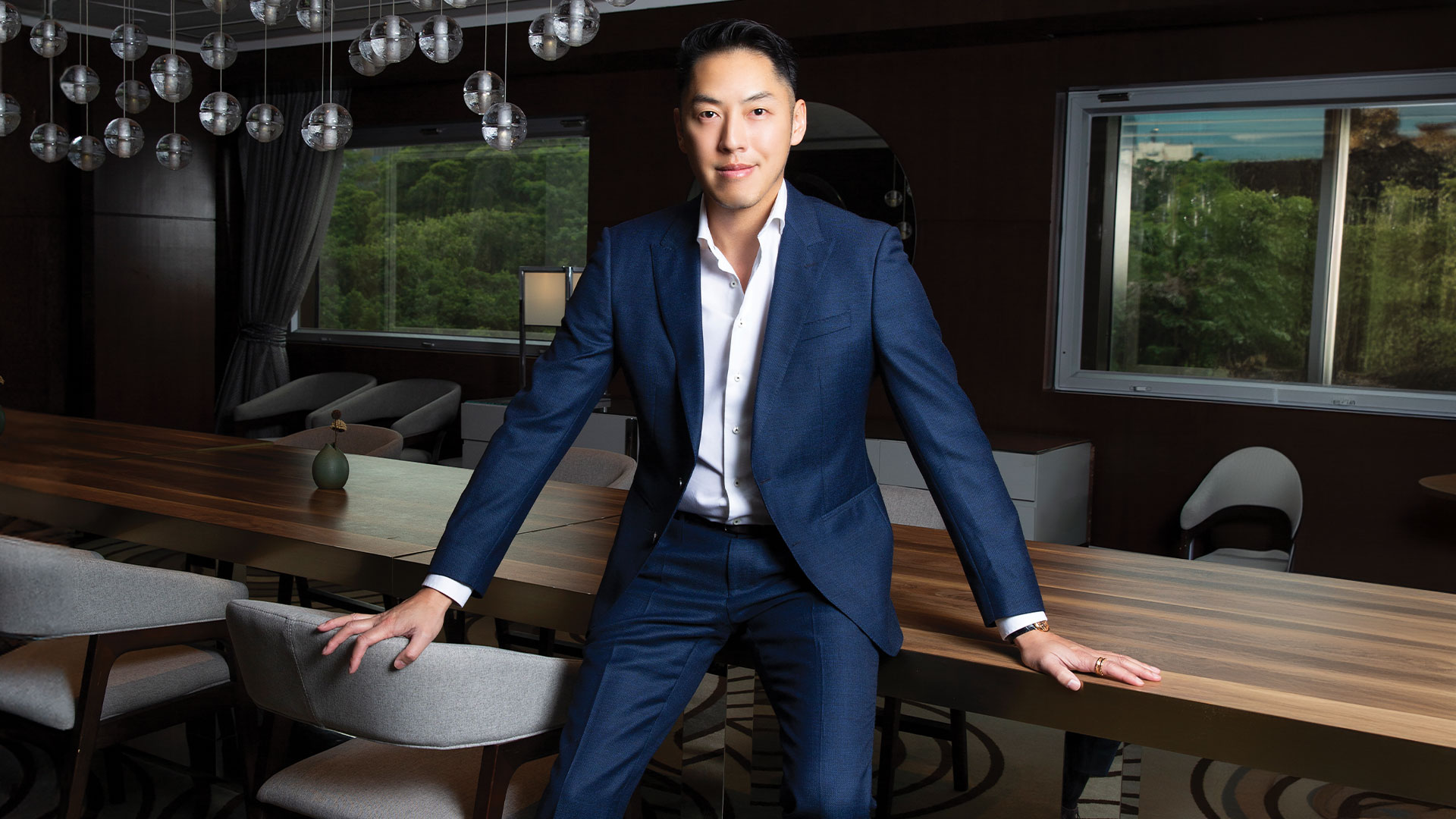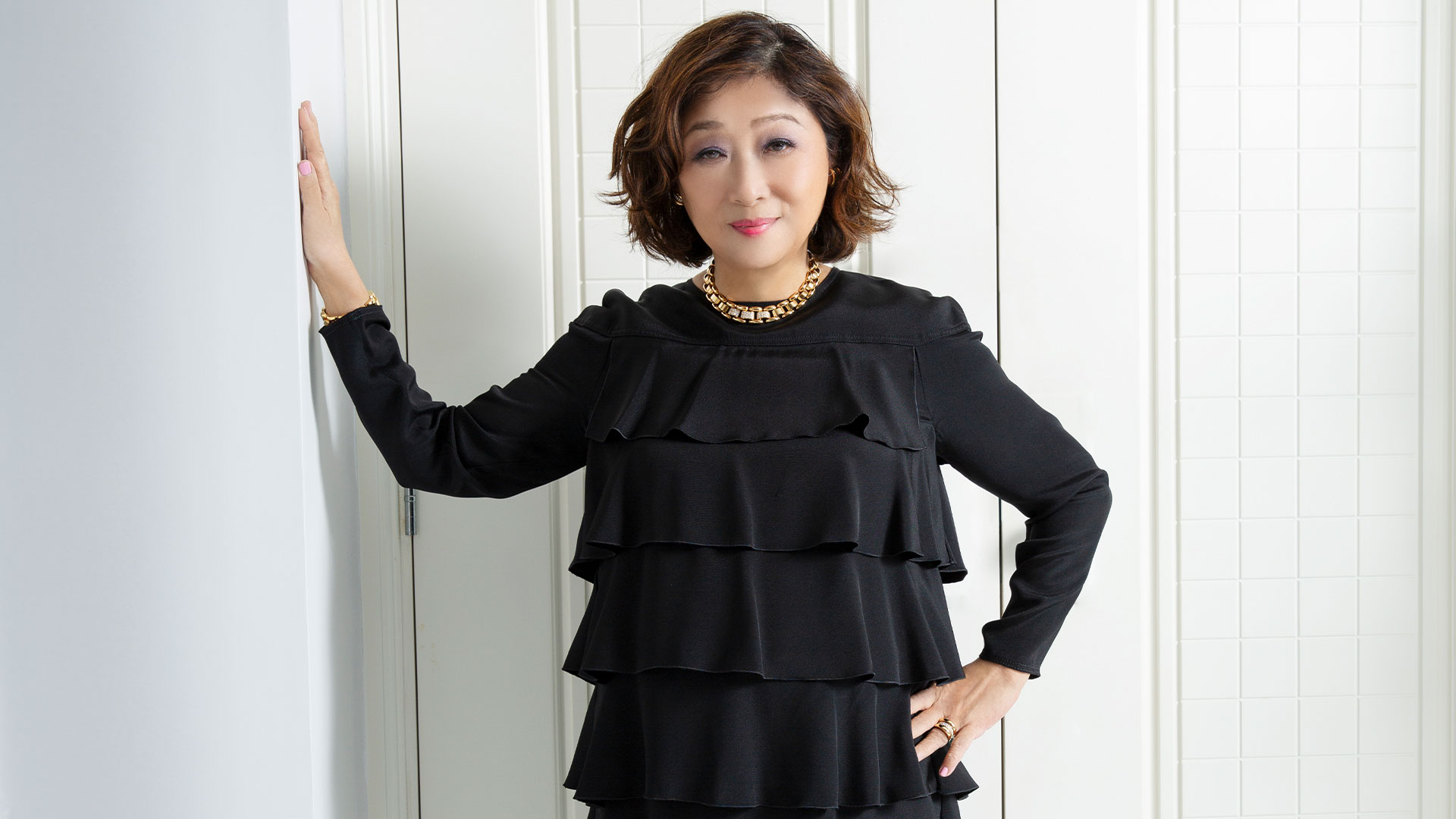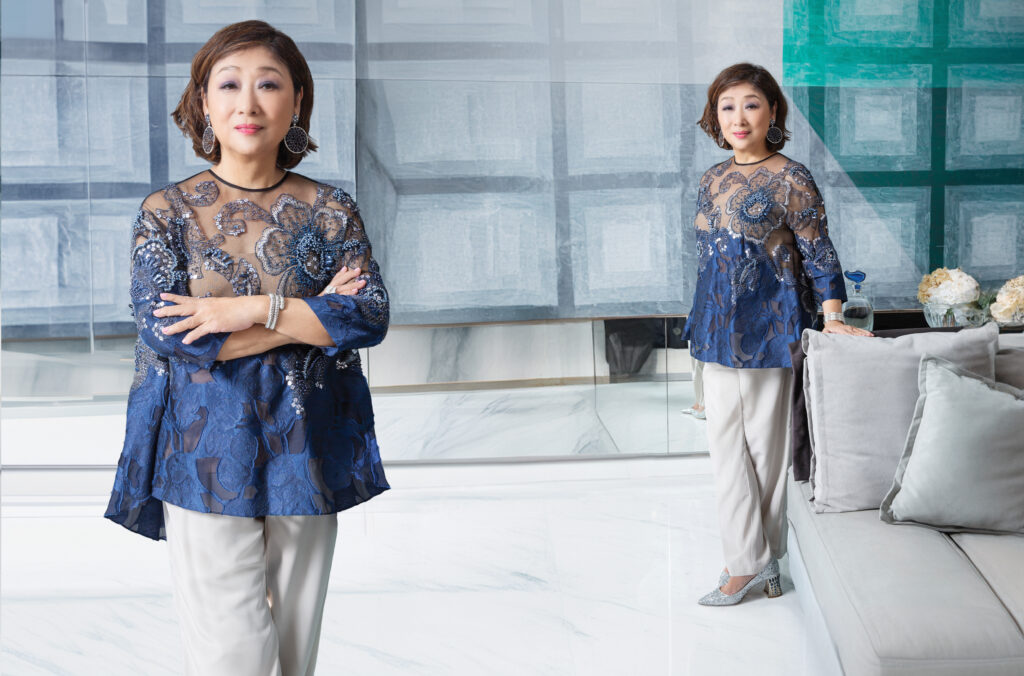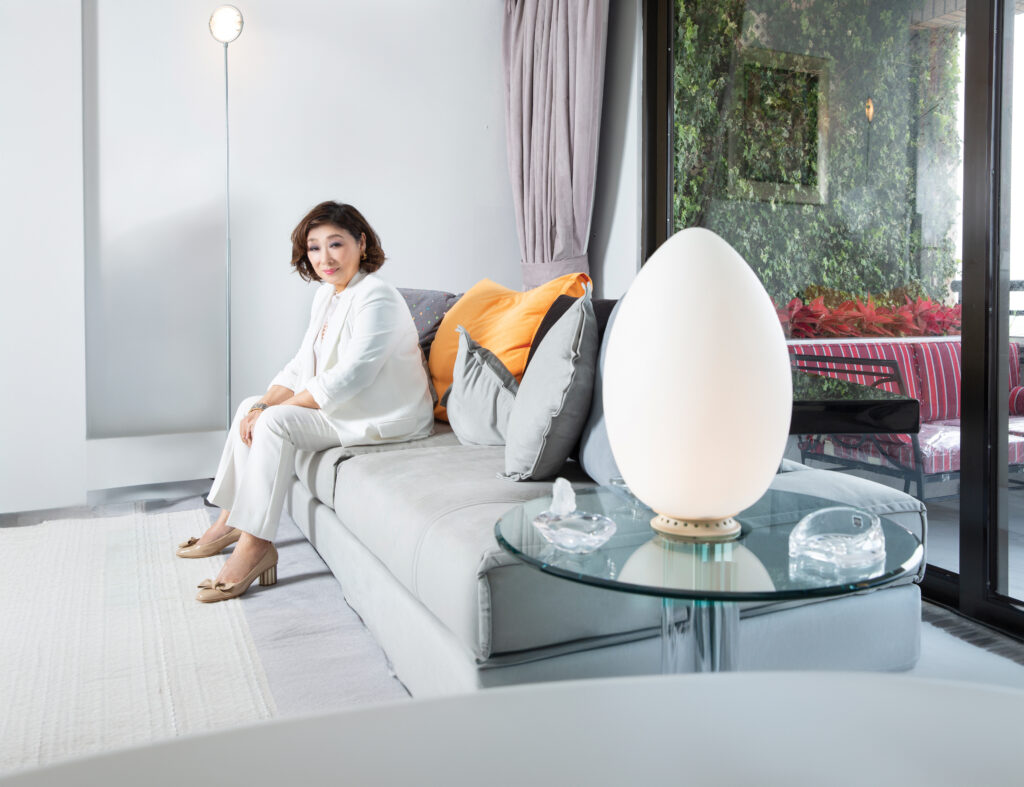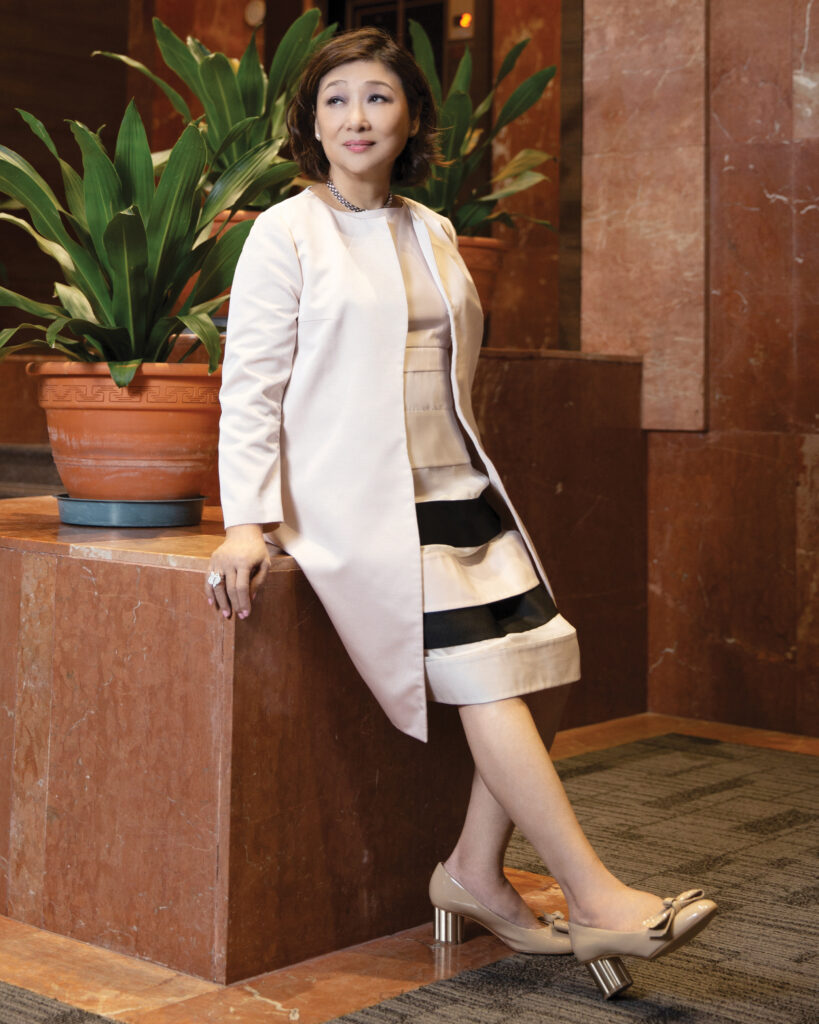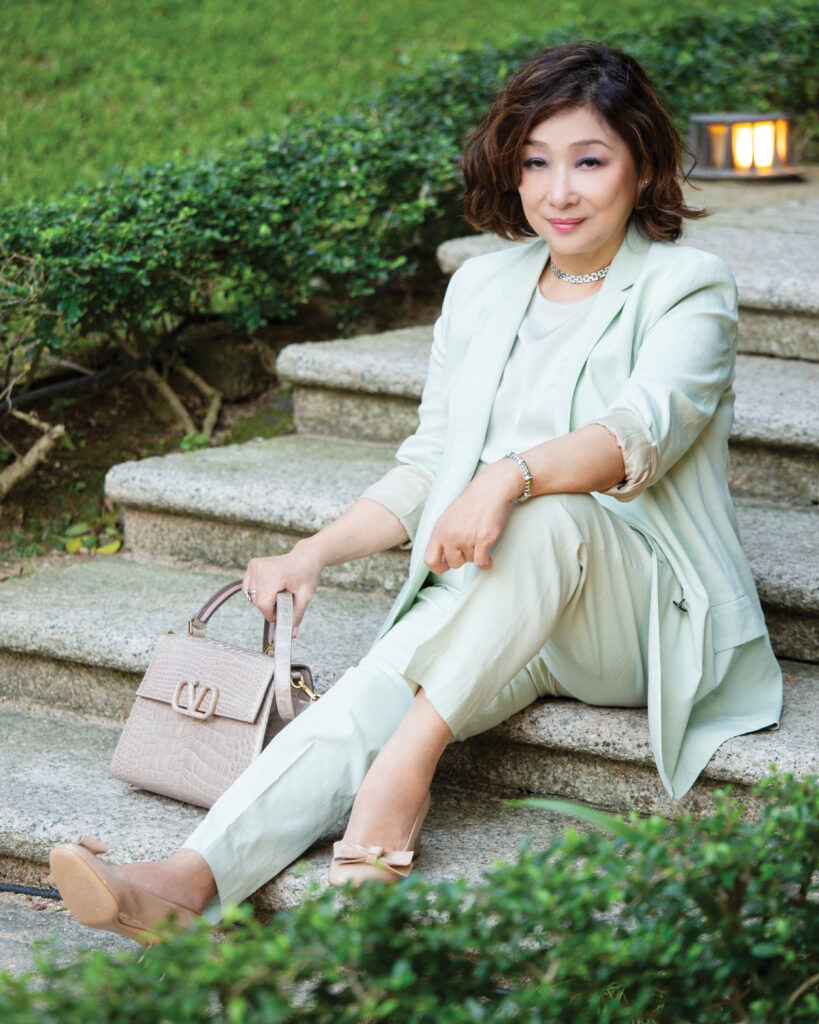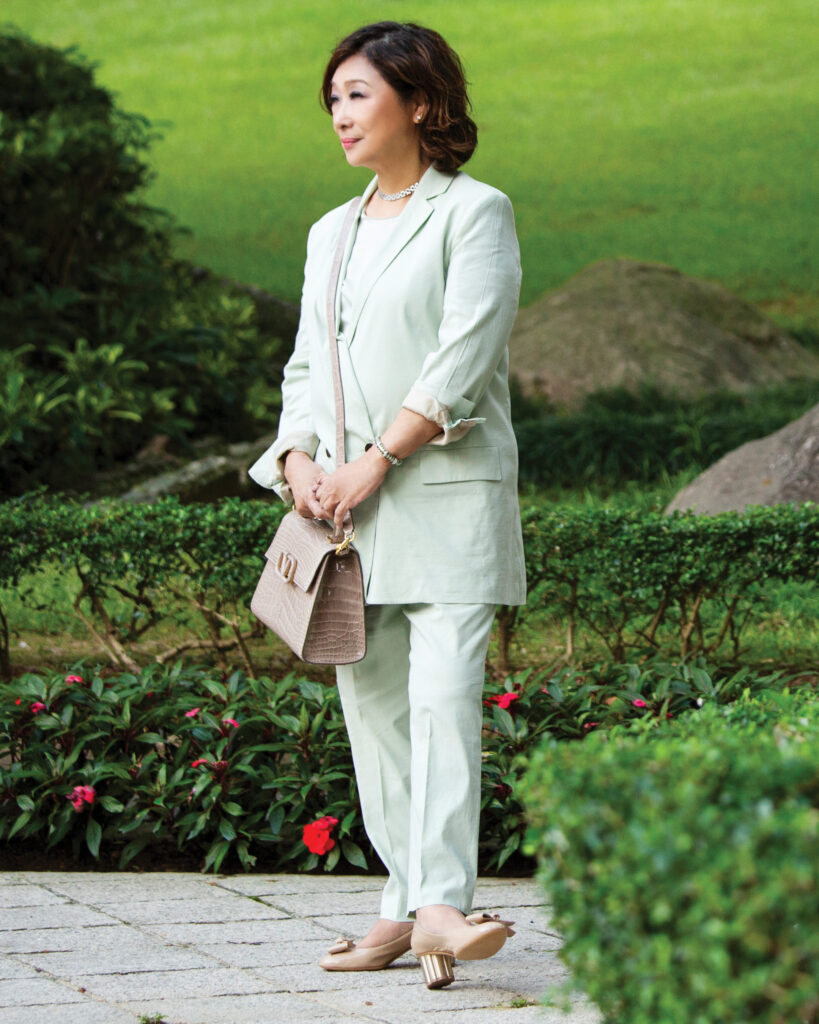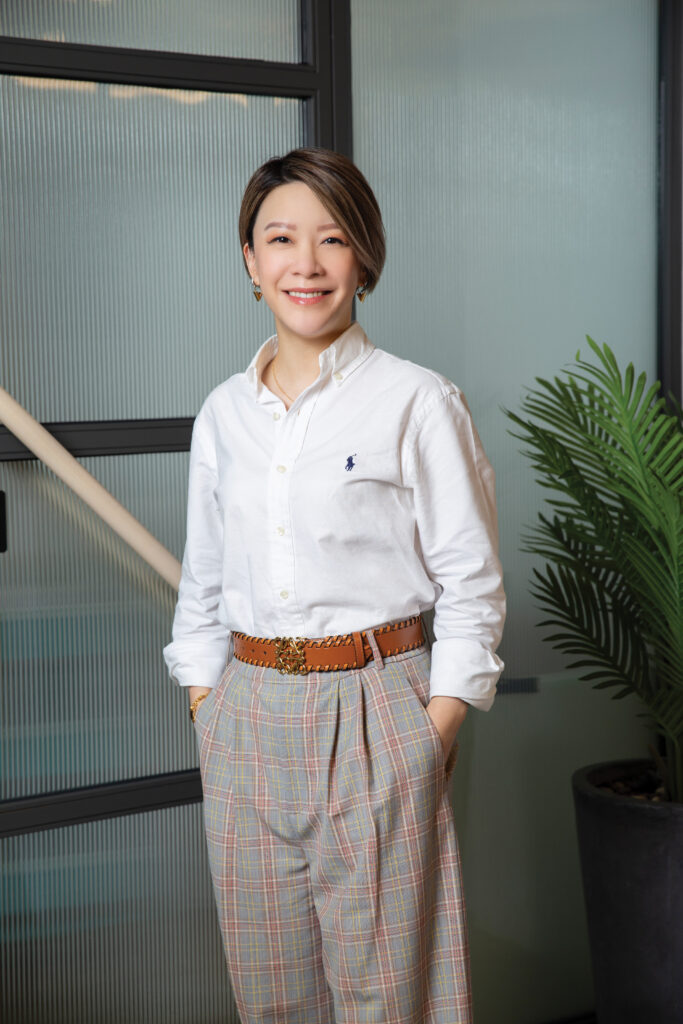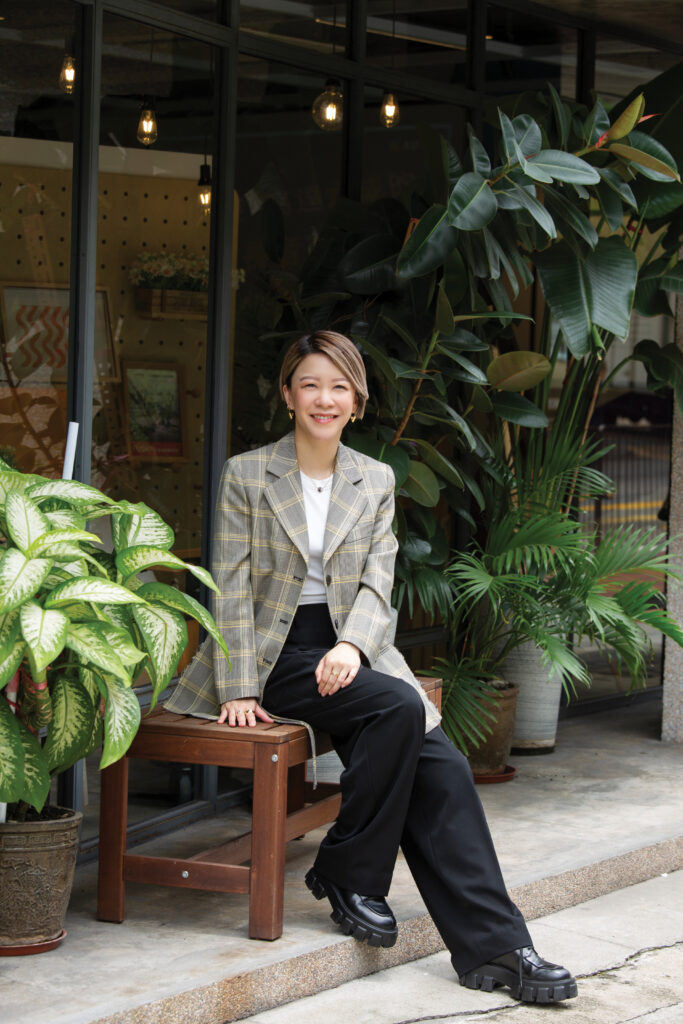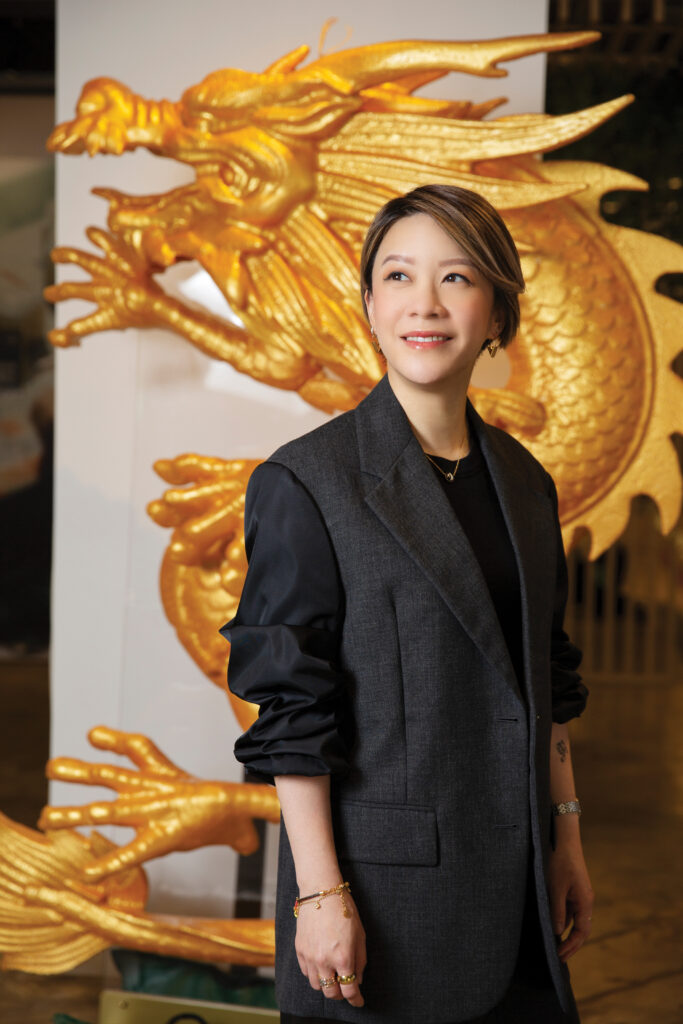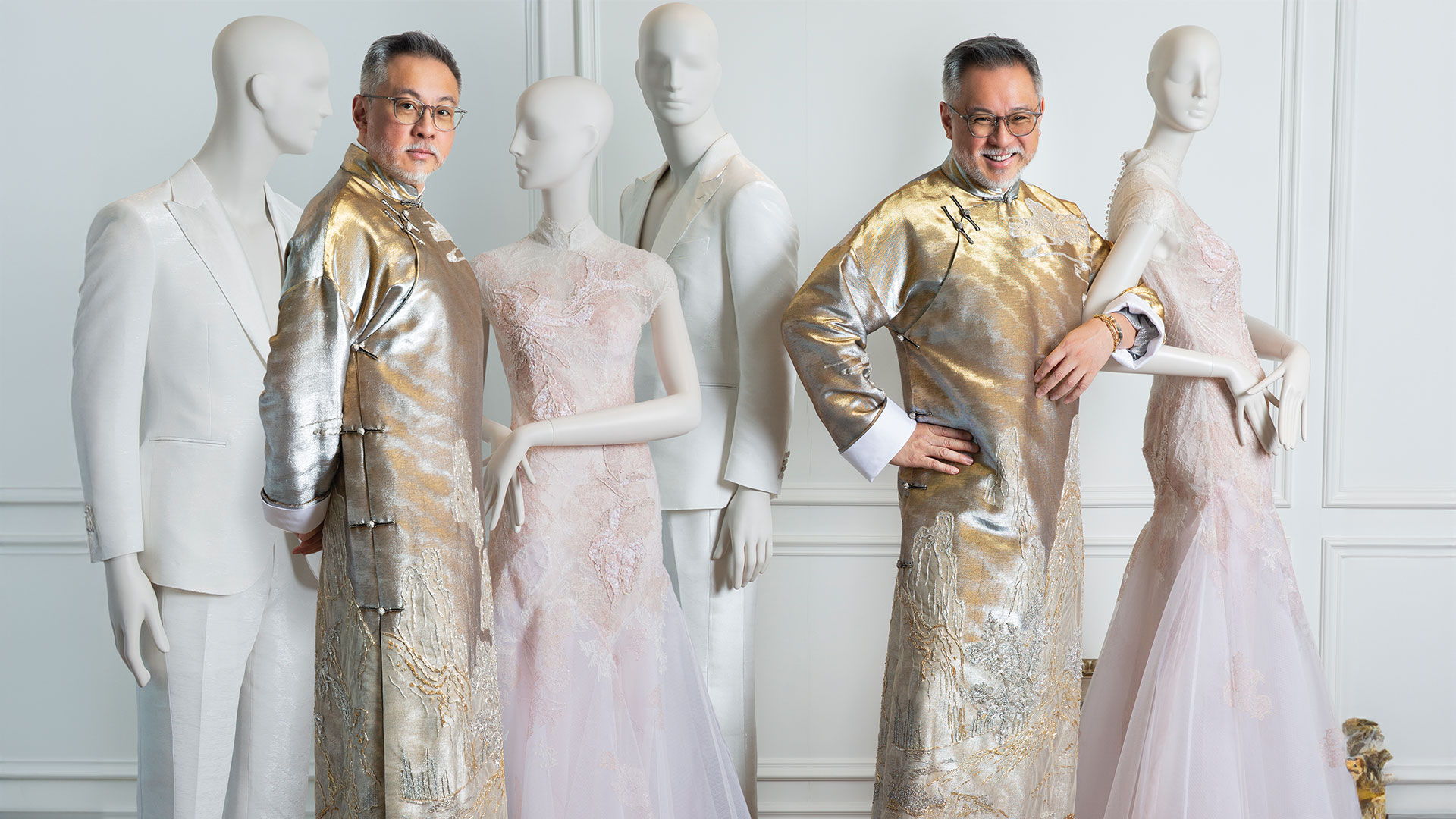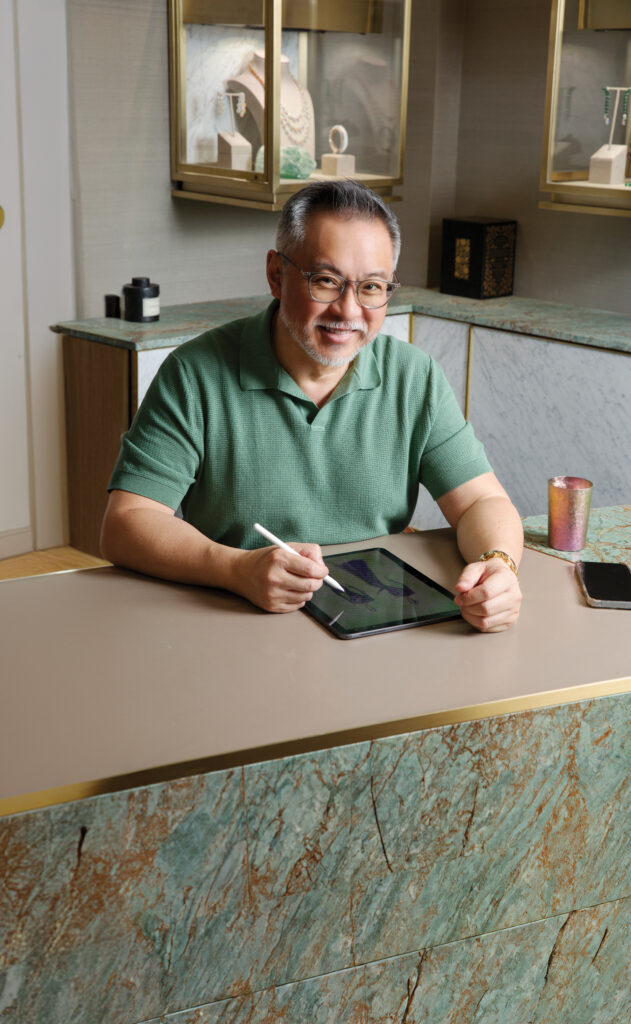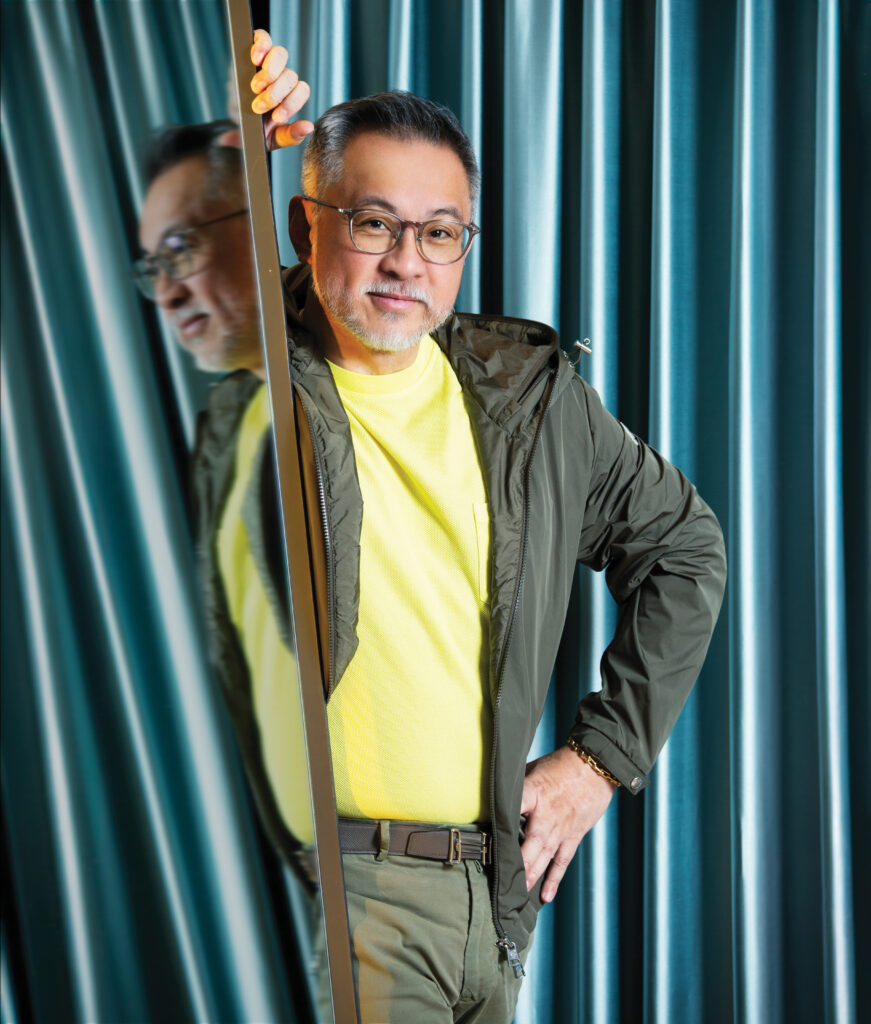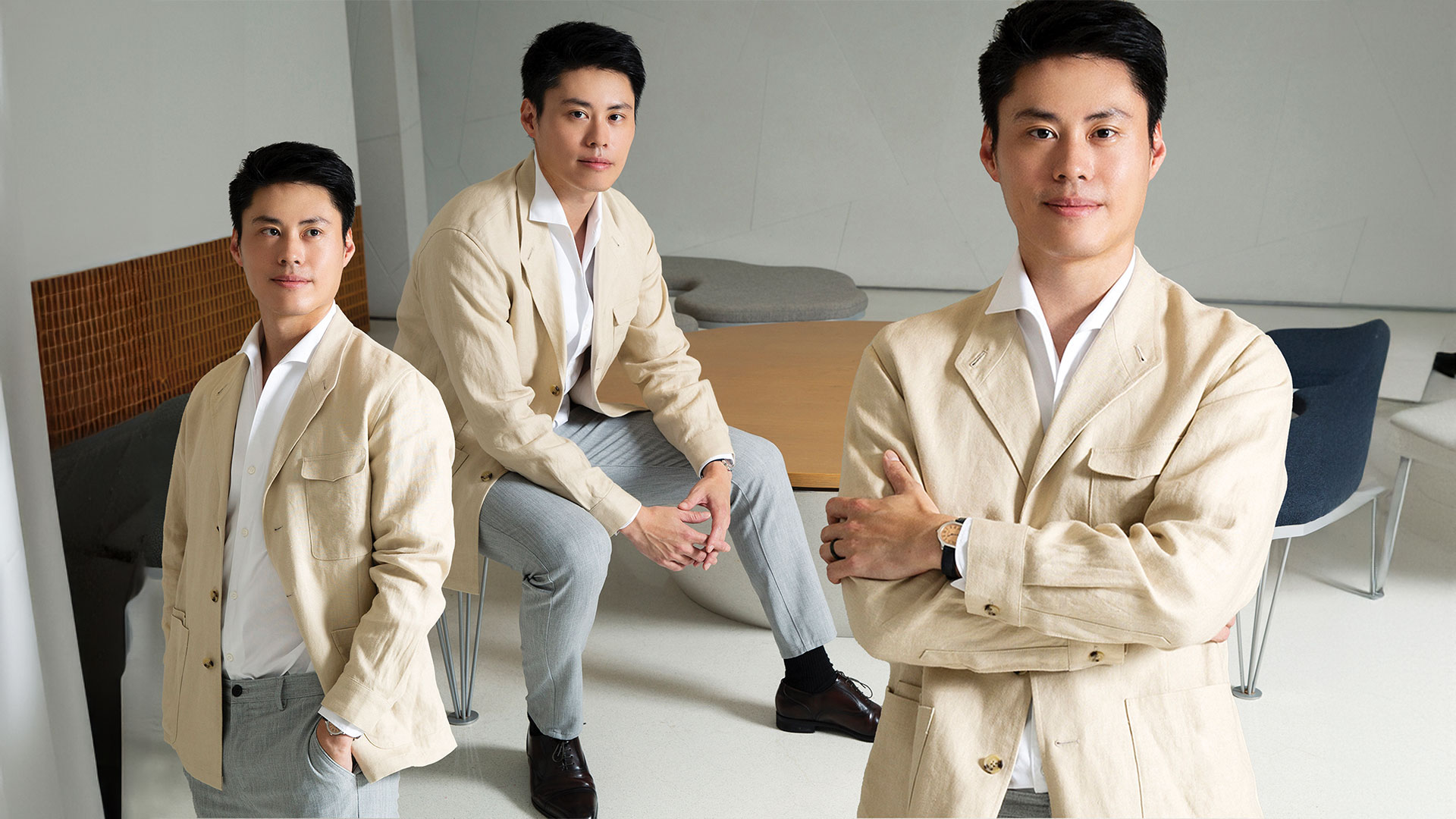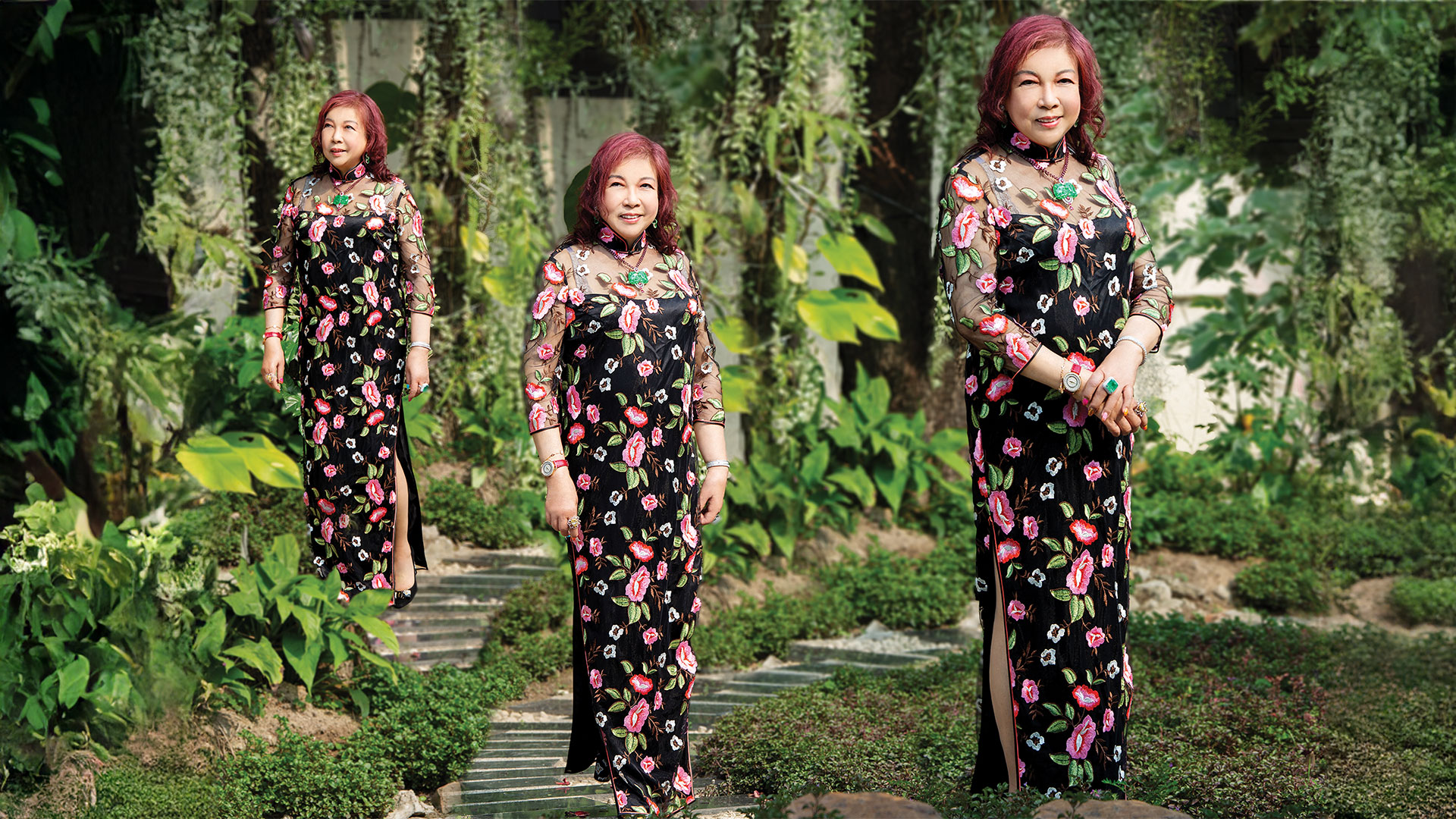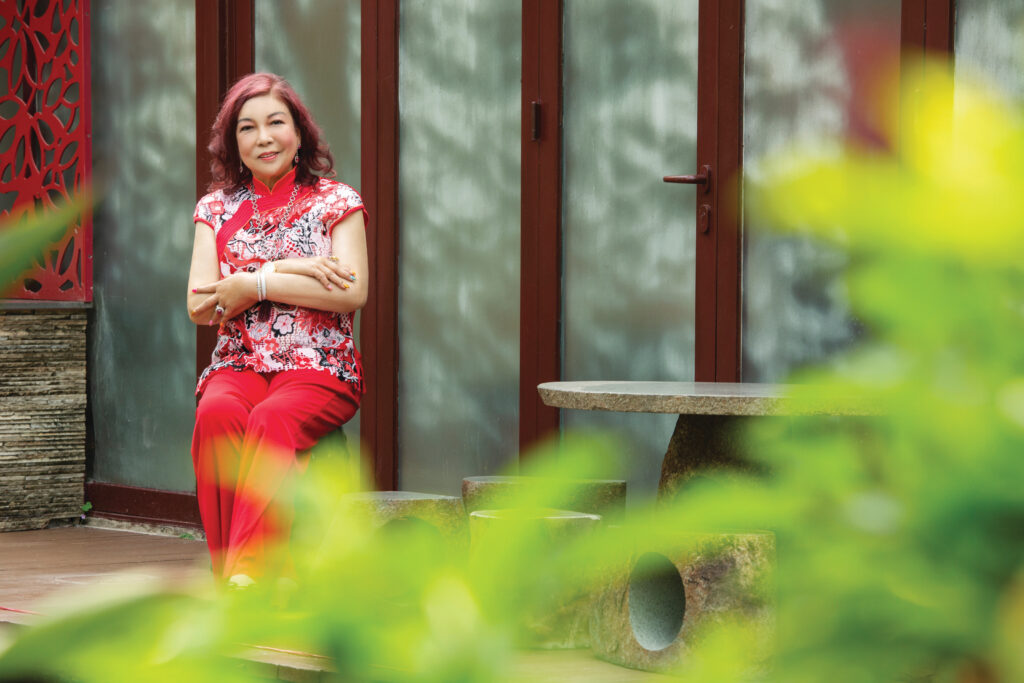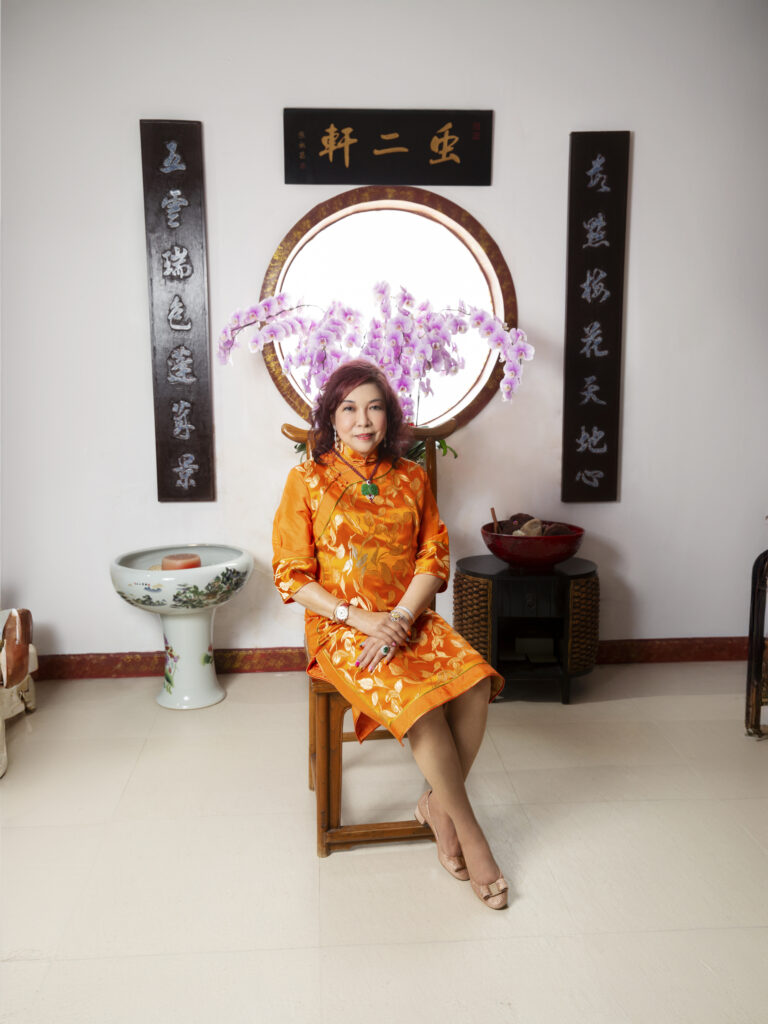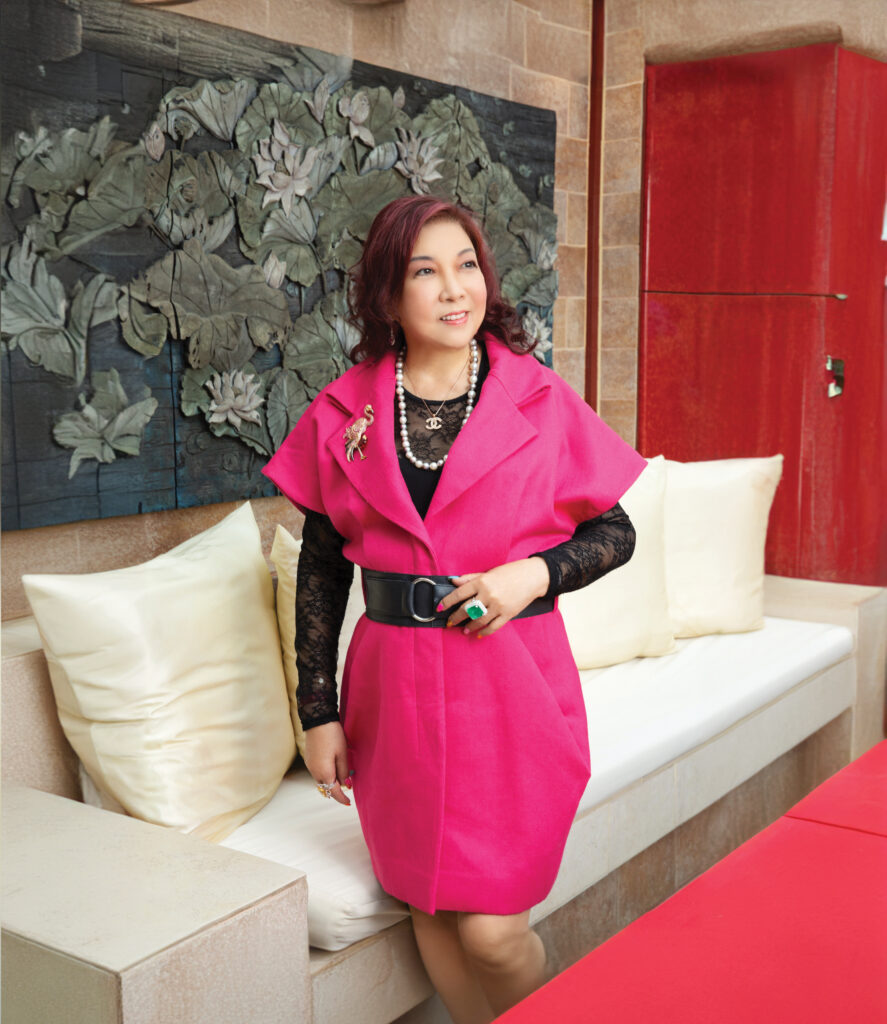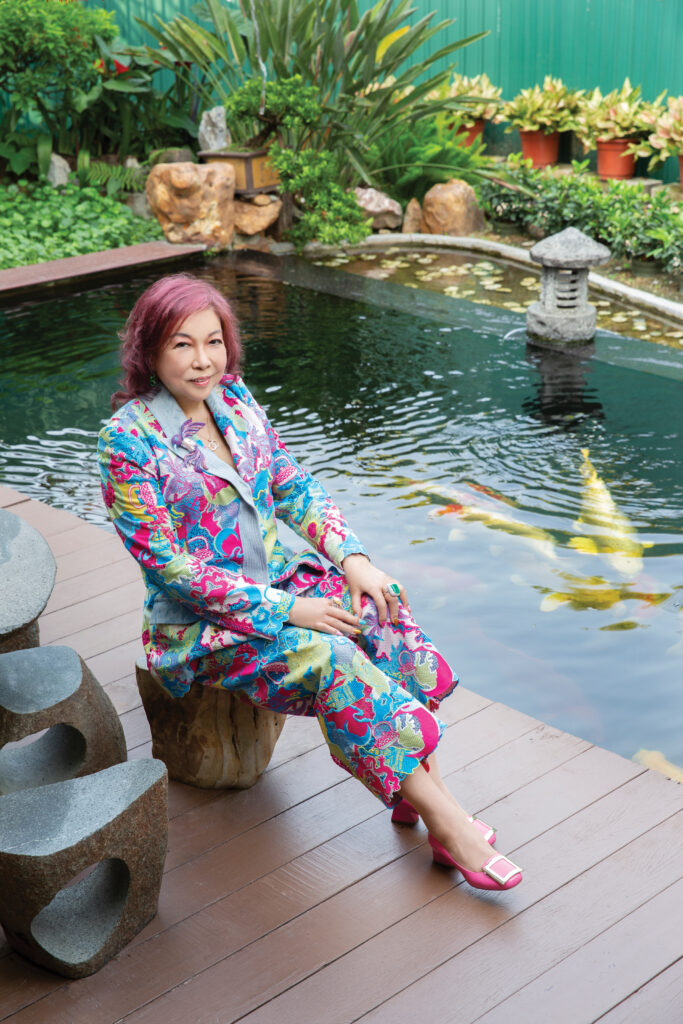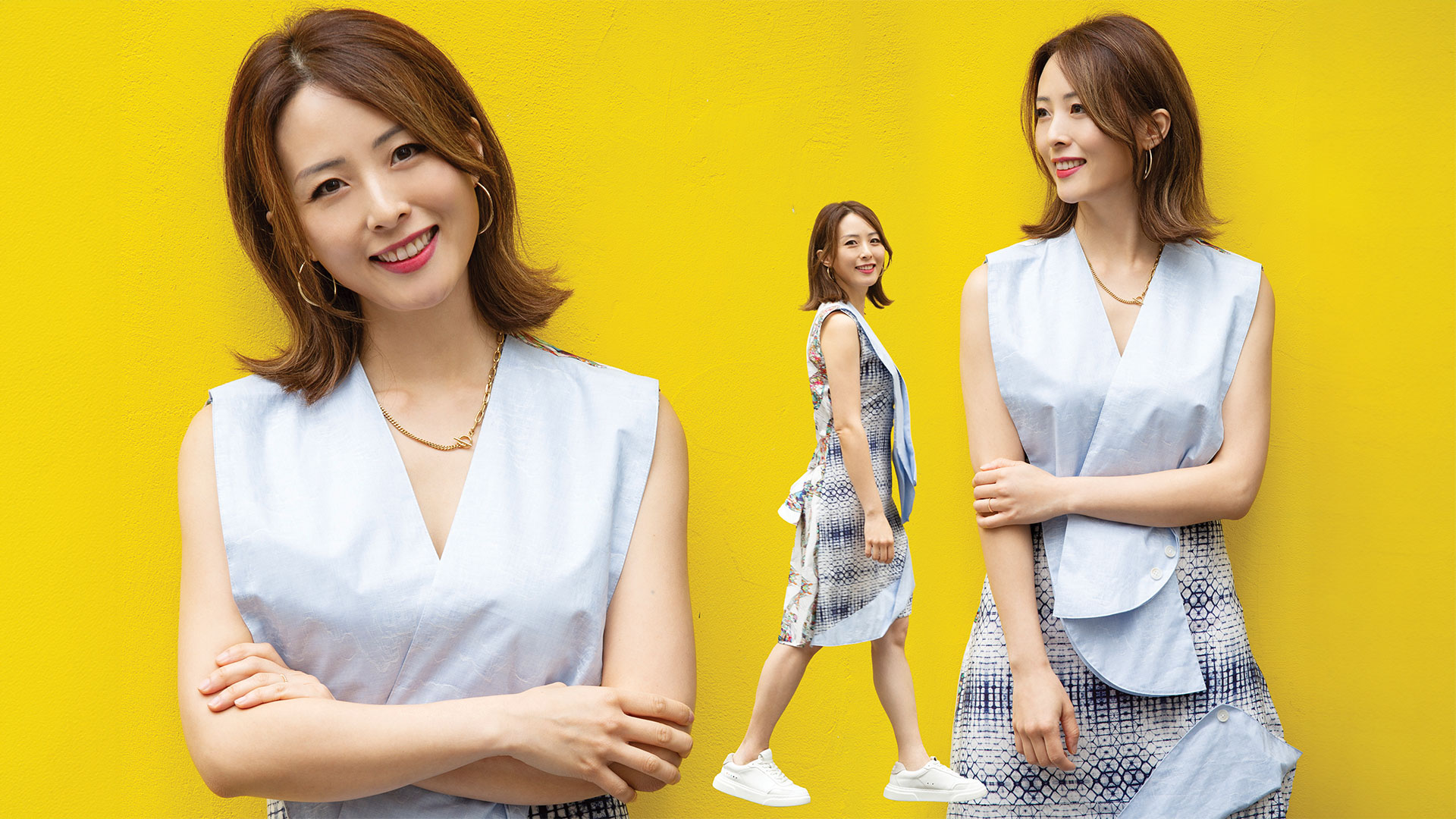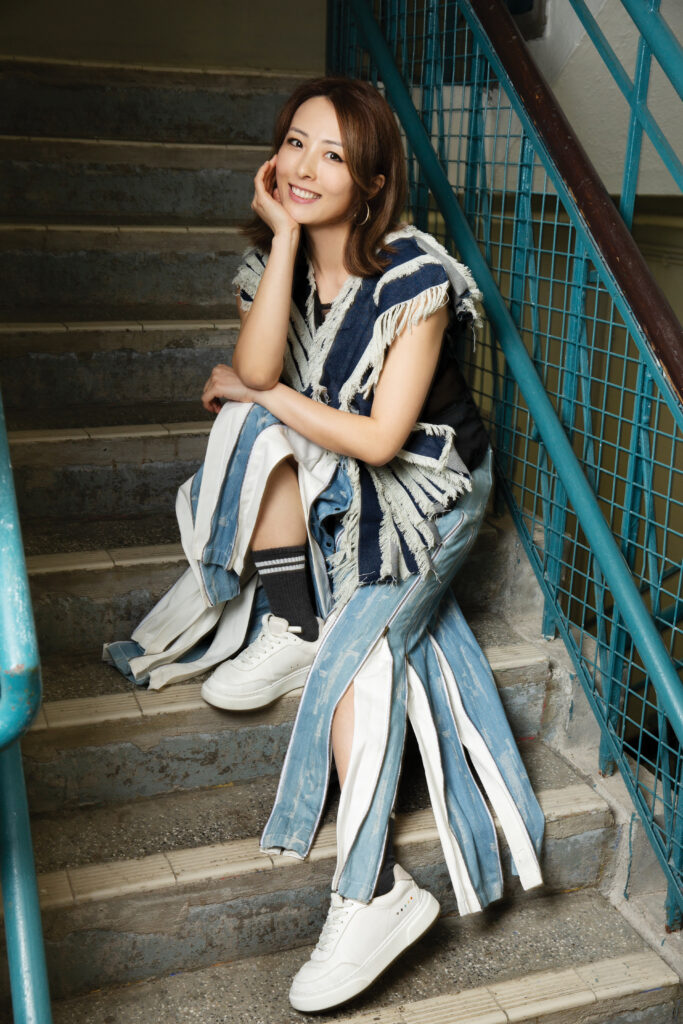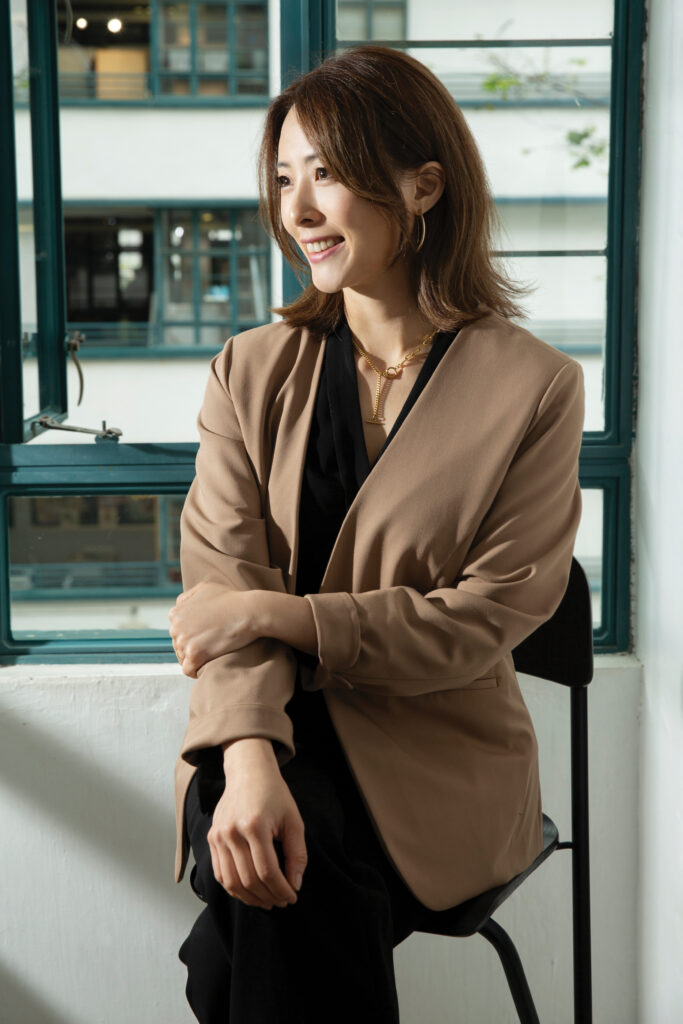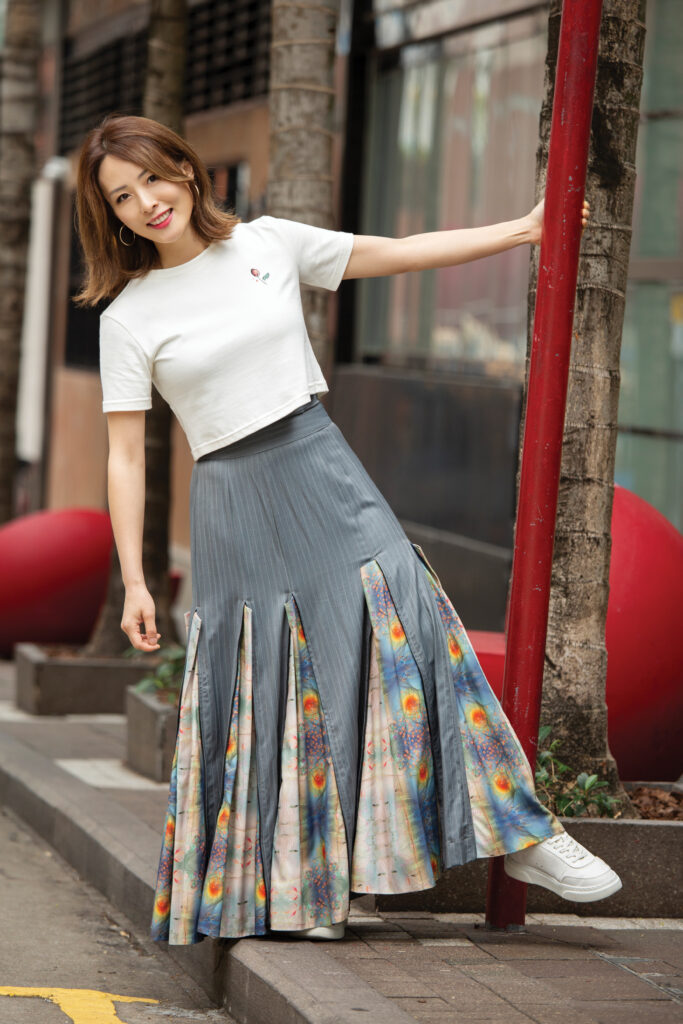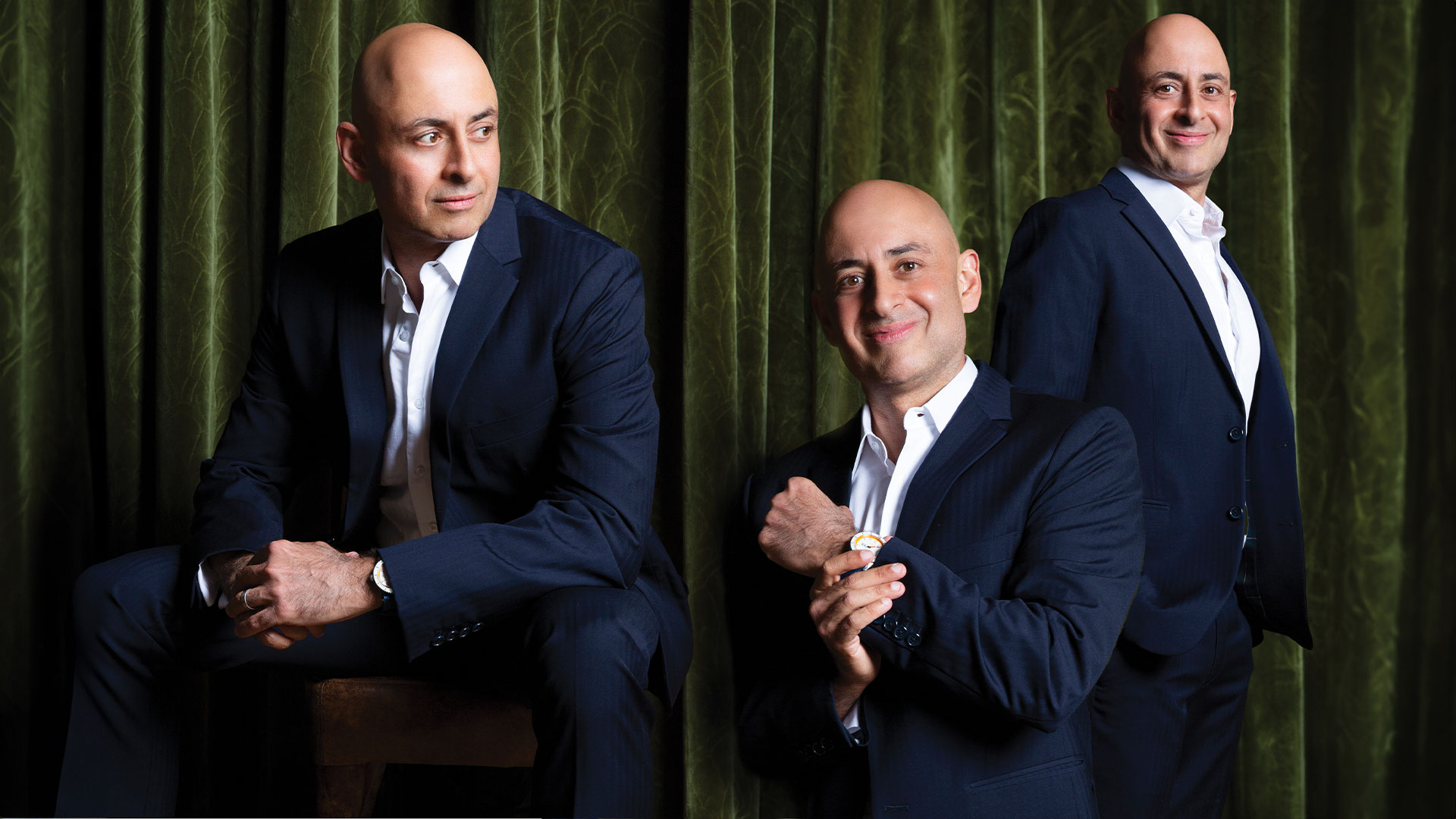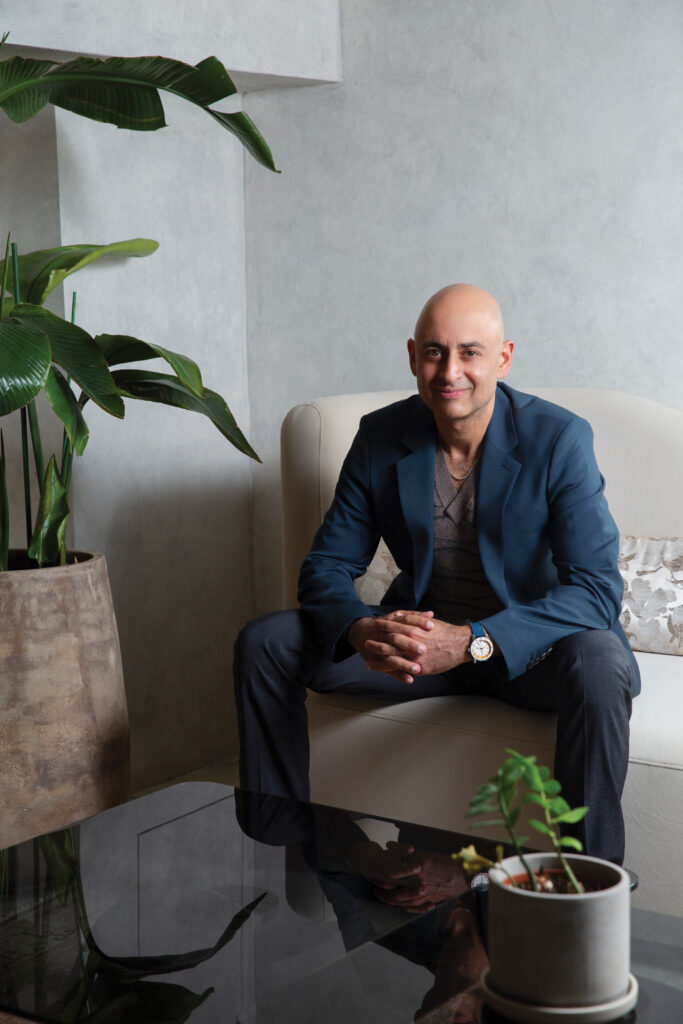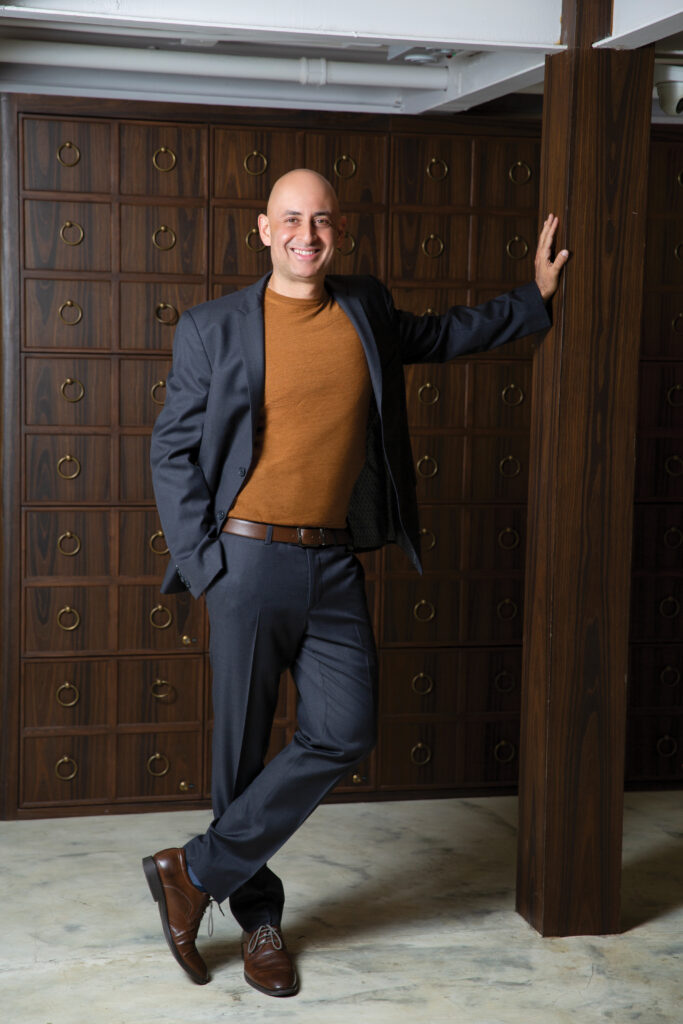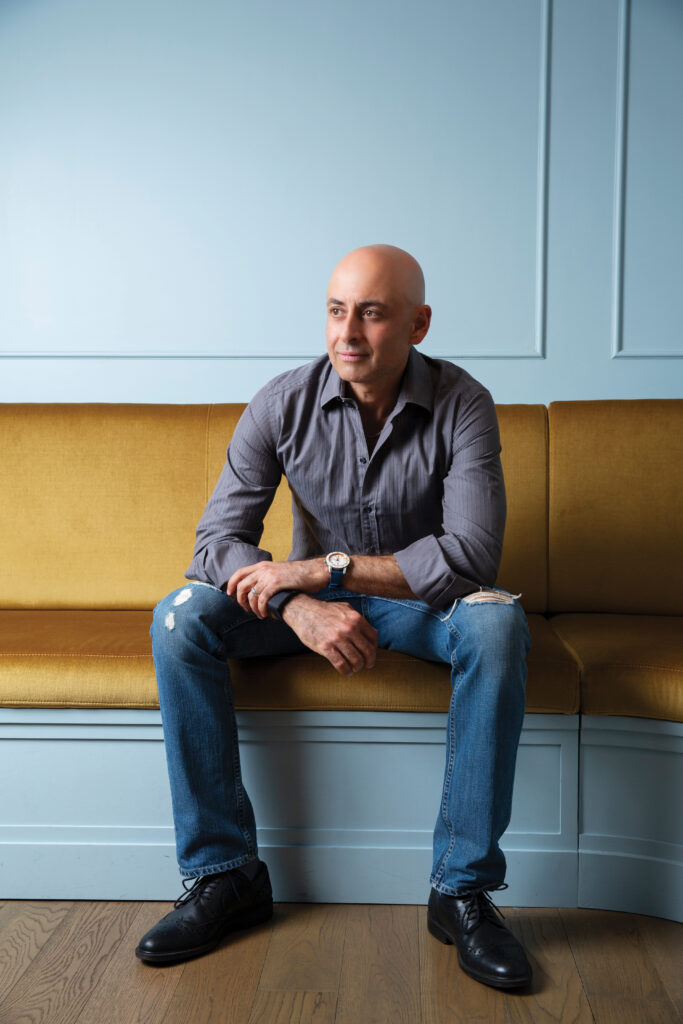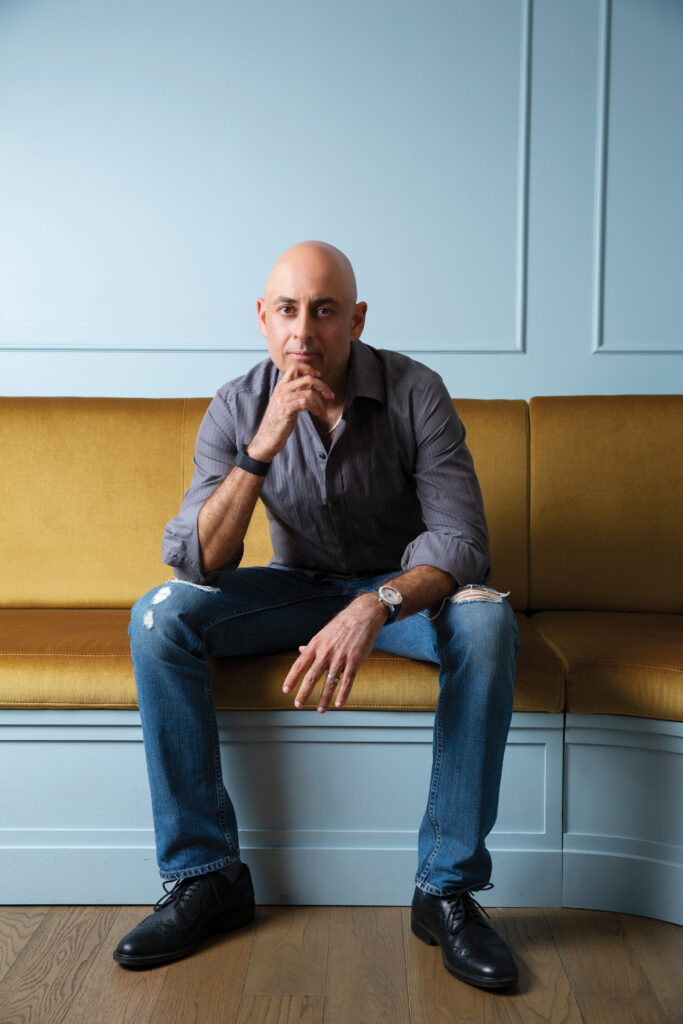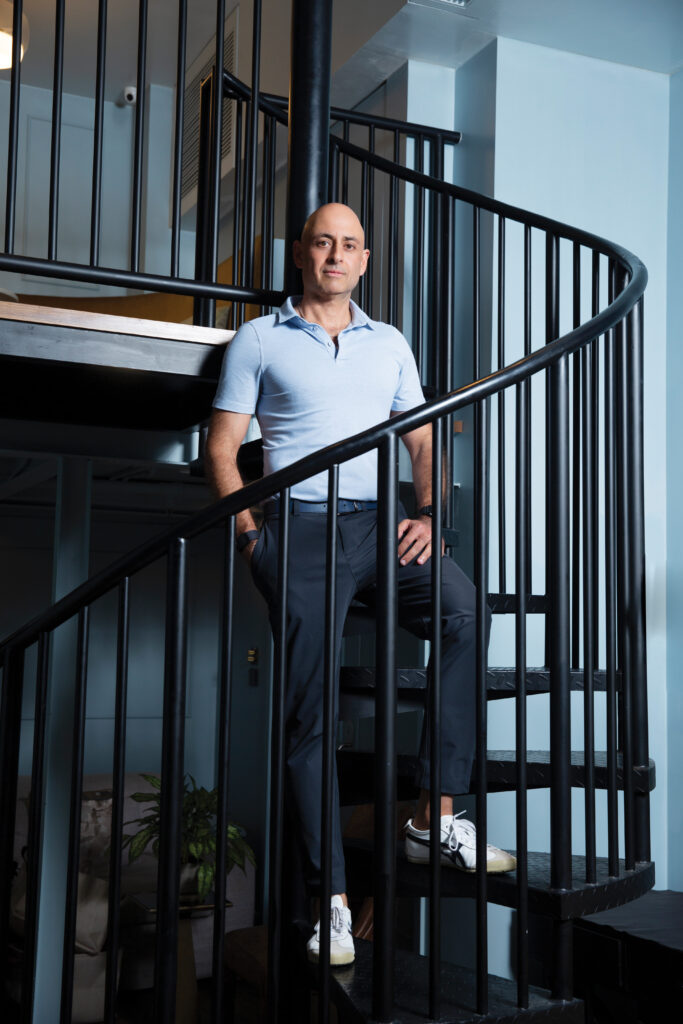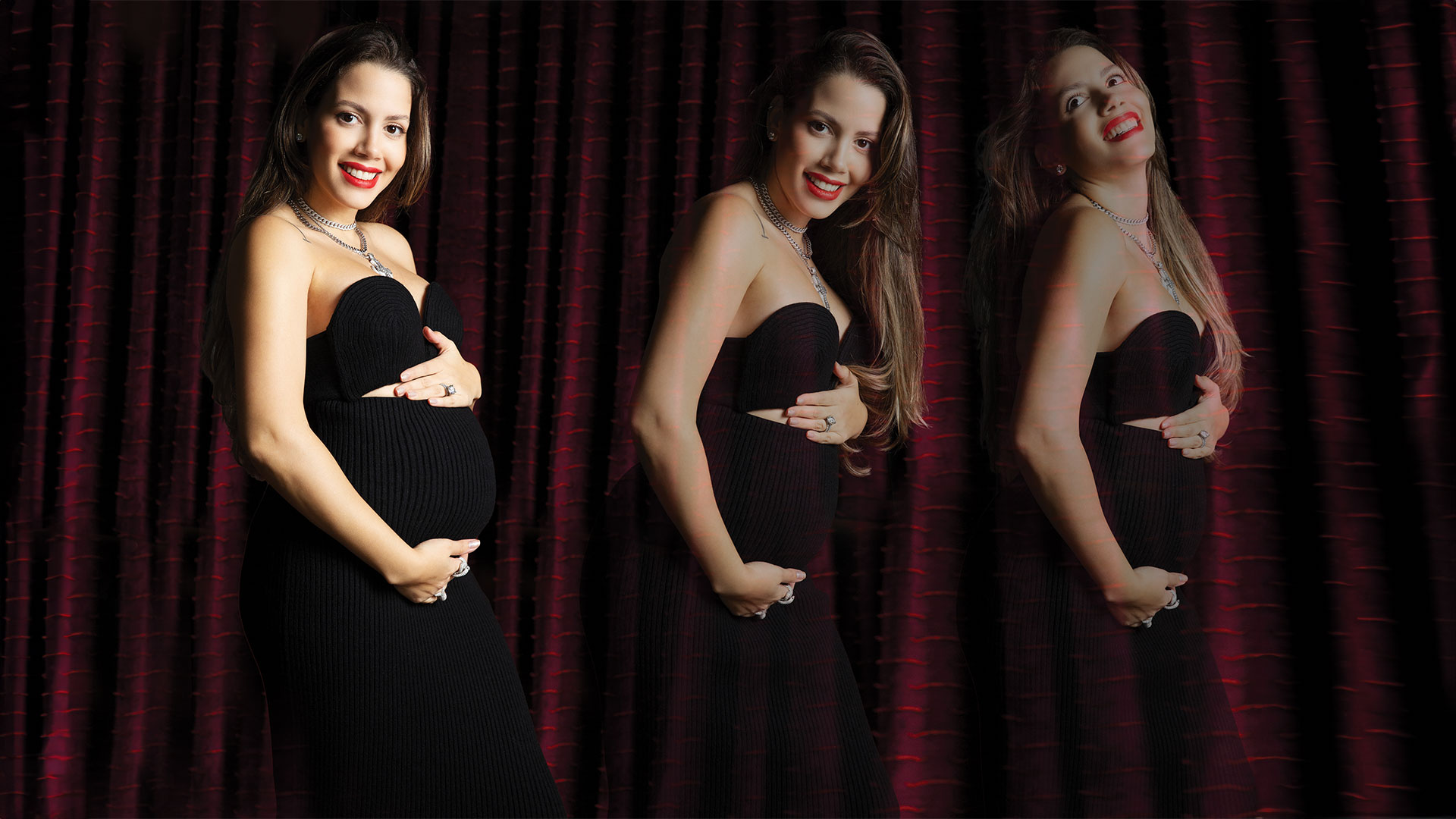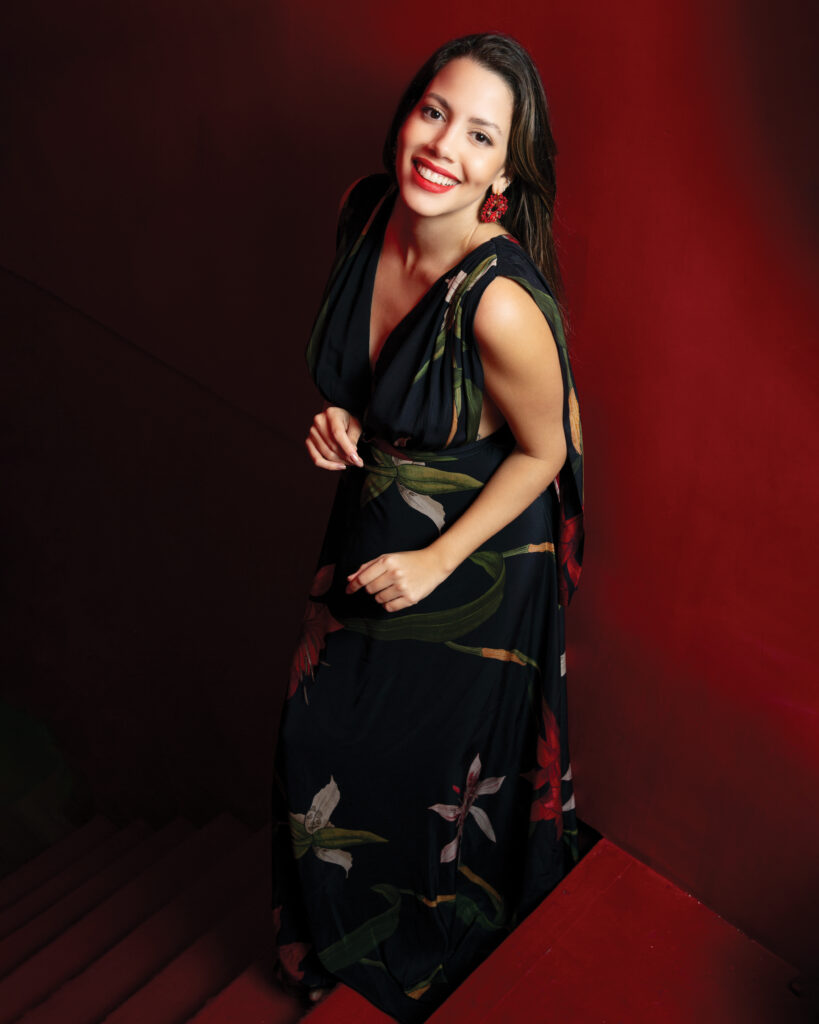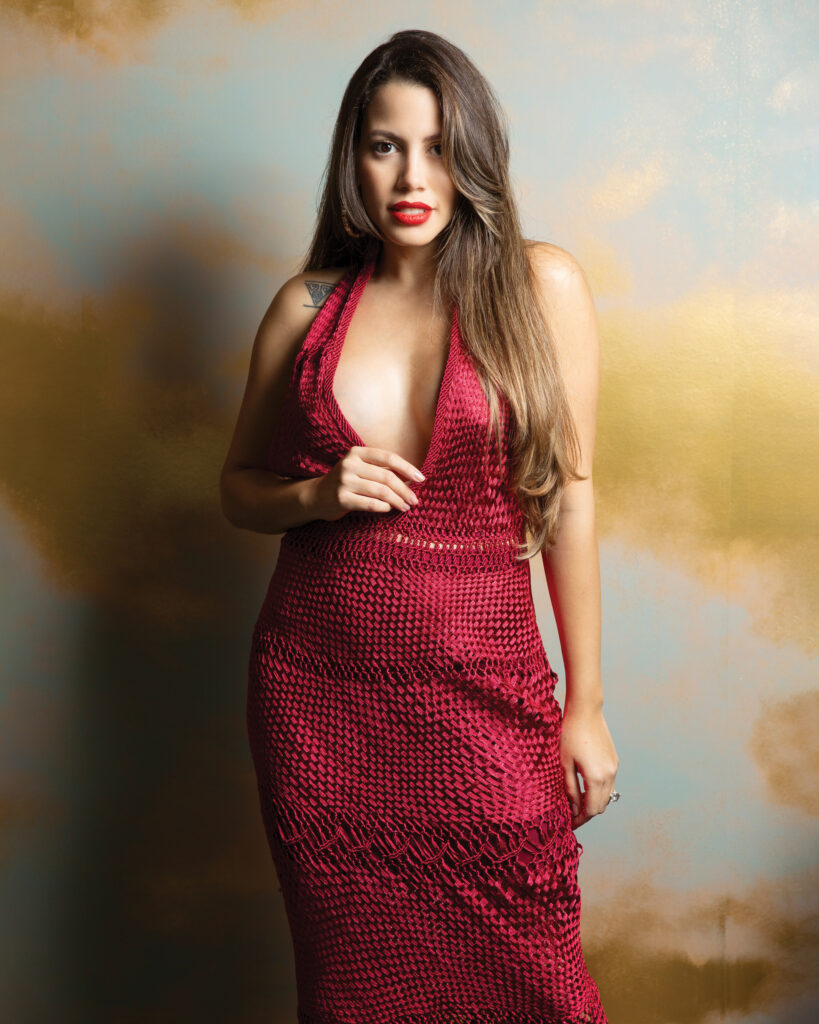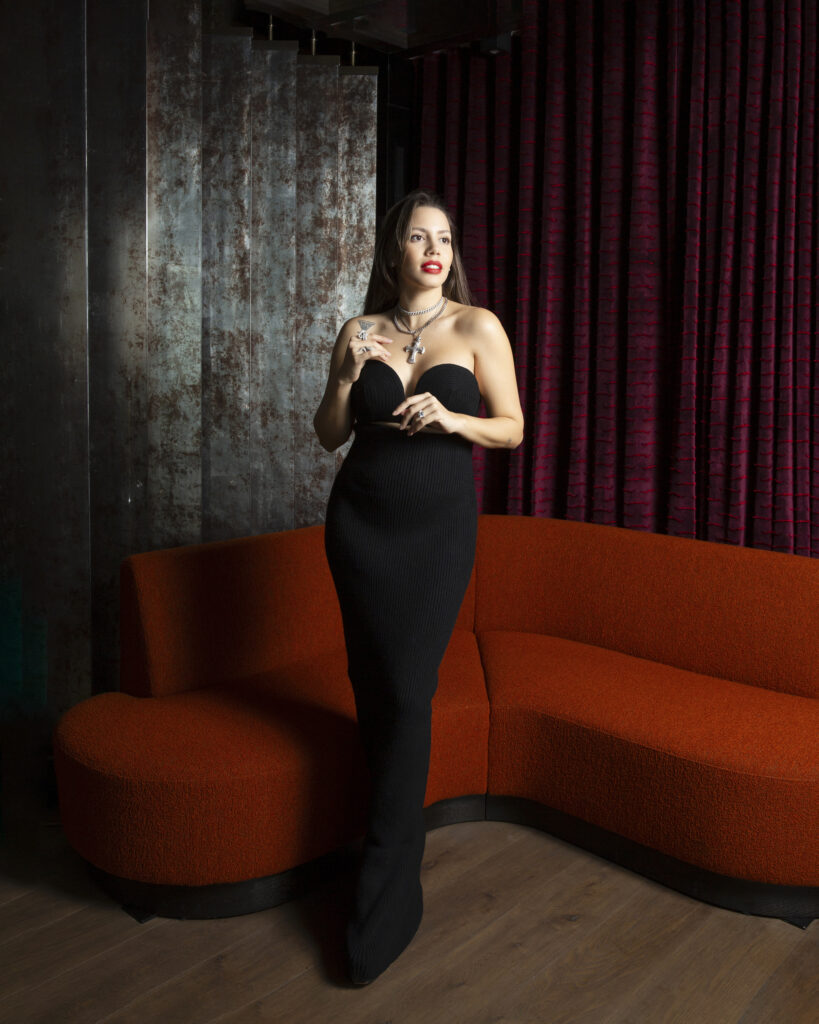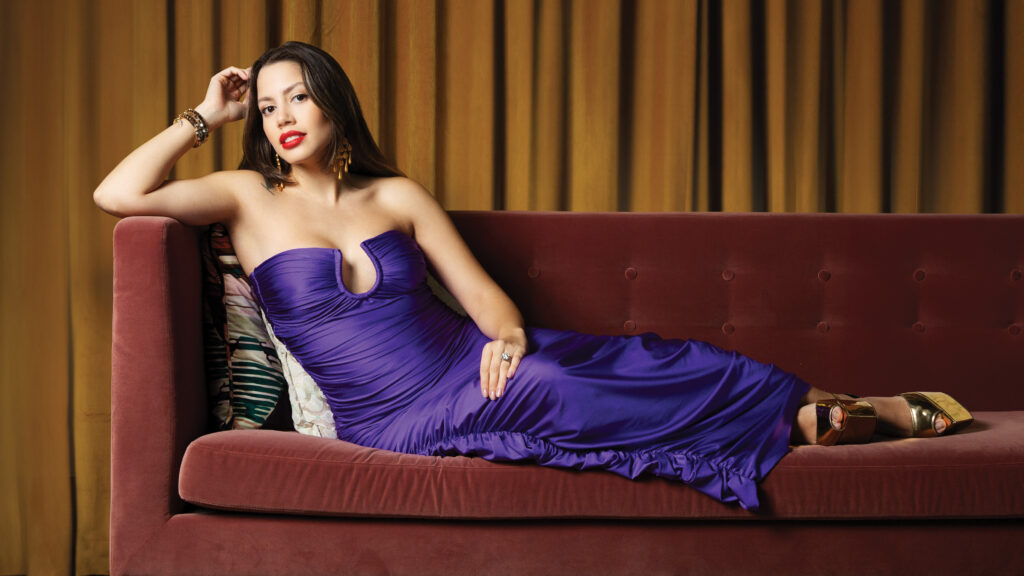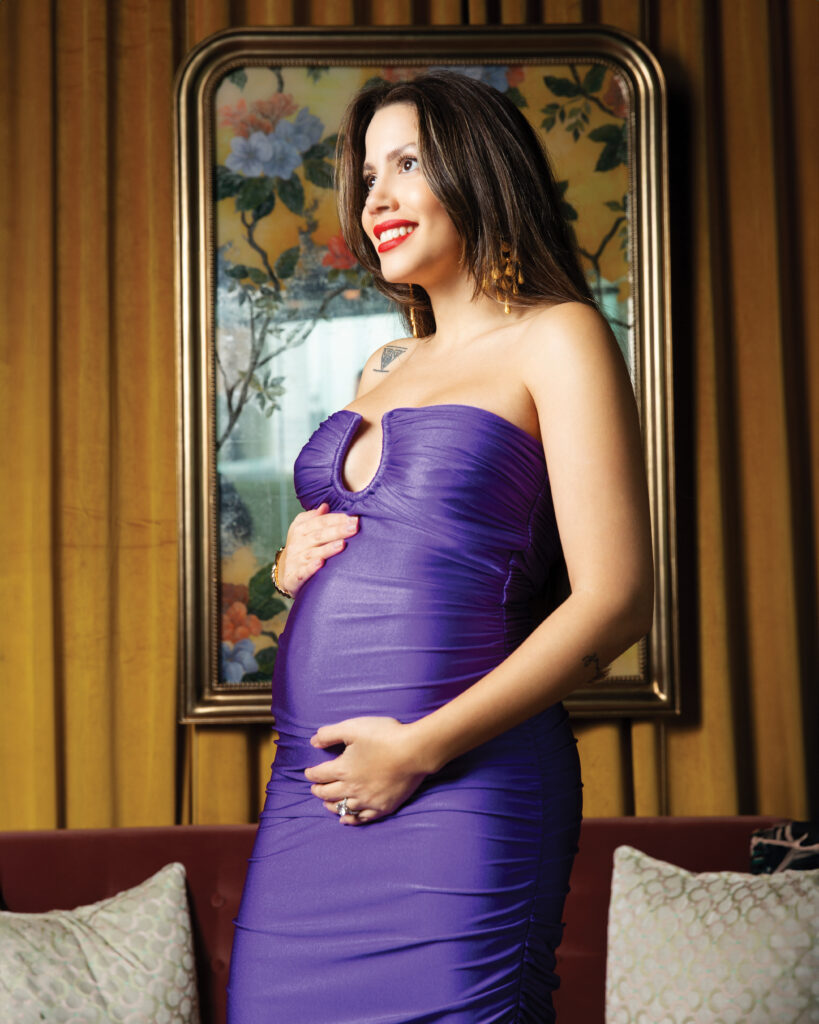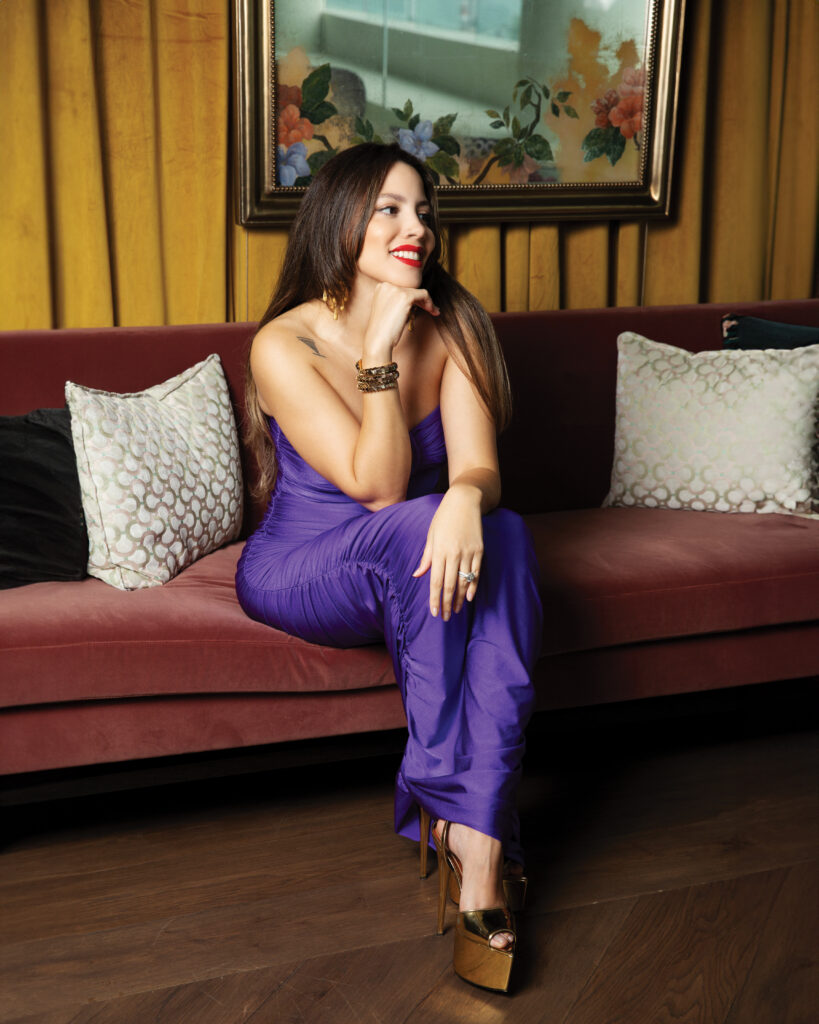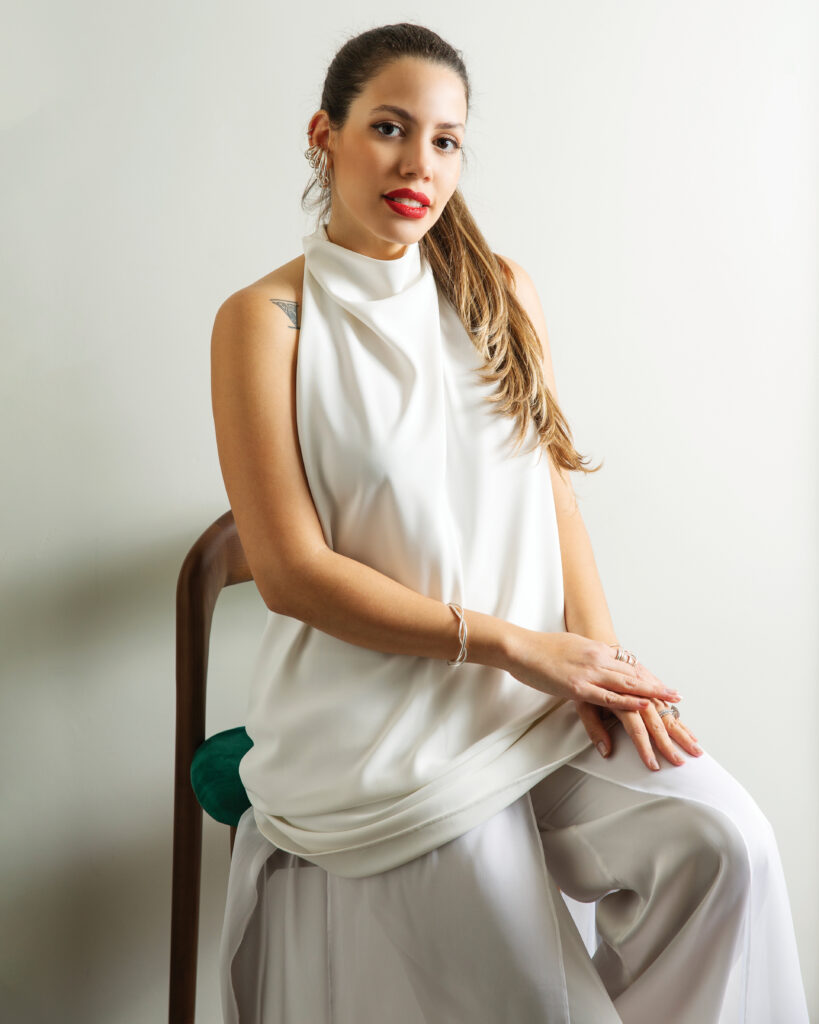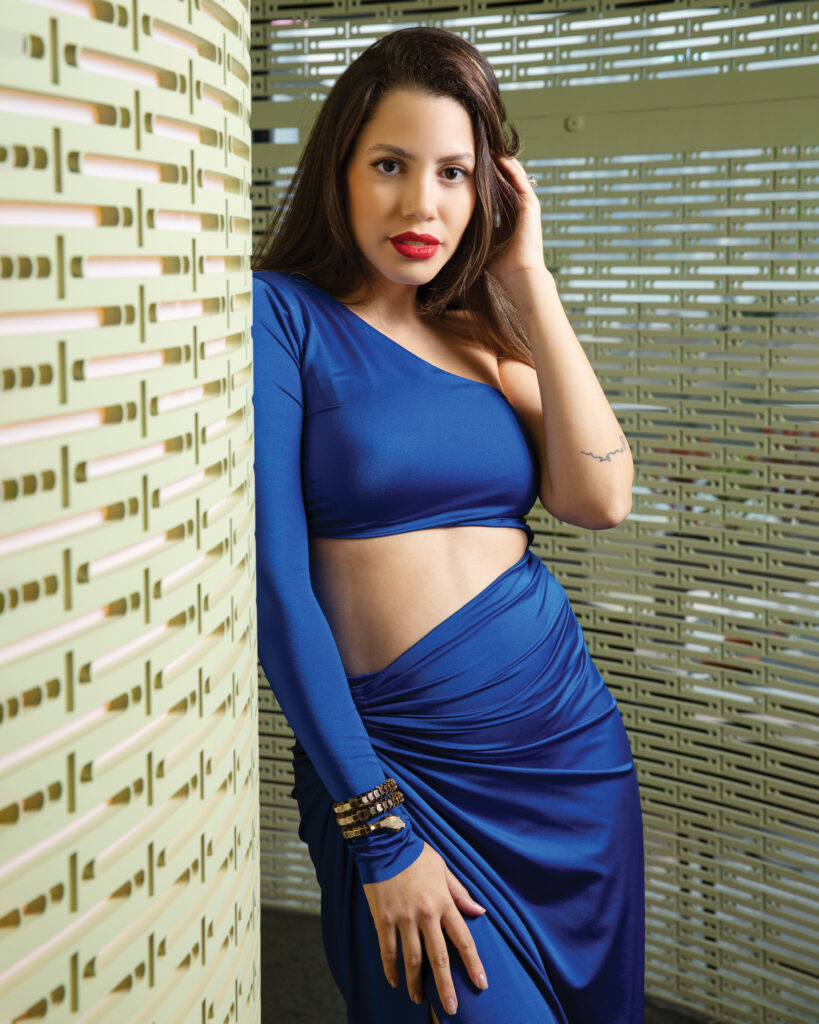Ethan Ung, Managing Director of BrandCharger, is a dynamic and visionary leader who has helped propel his family business to new heights on the global stage. Born and raised in the Netherlands, his journey has been one of cultural duality, entrepreneurial spirit and relentless drive. Dressed in a smart, crisp blue suit and looking every inch like the fashion model he was once, the six-foot millennial entrepreneur reflects on the influences that shaped his career path, and the guiding principles that have led BrandCharger to become a renowned global player in high-end corporate gifting.
“I grew up in Maassluis, a city with 36,000 inhabitants close to the sea and Rotterdam,” he shares. “It was a stress-free time where kids can be kids, and we were in an East-meets-West environment. I spent most of my time in Catholic schools, but at home and with family, we would speak Cantonese and learn about Cantonese culture.”
Ung’s family background, with a mix of Western and Eastern cultures, instilled in him a deep appreciation for diversity and a global mindset – traits that would prove invaluable in his entrepreneurial journey. “Initially I thought I would be working for a corporation, but it grew on me seeing most of my family being entrepreneurs,” he explains.
His admiration of successful business leaders and his own import and distribution experiences further ignited his entrepreneurial spark. “As a Business Administration student, I read about Li Ka-shing, and how he started his career in the manufacturing of plastic flowers and built that into an international business conglomerate,” he says. “And when I was young, my mom would tell me and show newspaper articles about my uncle who built a big business by importing yachts and Lamborghinis into Hong Kong early on.”
Brotherly Bond
Embracing their entrepreneurial legacy, Ethan and his elder brother James ventured into the global branded merchandise industry, founding BrandCharger in the Netherlands in 2011. Taking the helm as Chief Commercial Officer and CEO respectively, they decided almost immediately to relocate the company headquarters to Hong Kong, the gateway to international trade. The duo’s remarkable success can be attributed to their unwavering commitment to building long-term relationships – often with other multi-generation family businesses – fostering a talented and motivated team, and crafting innovative, sustainable and unique products.
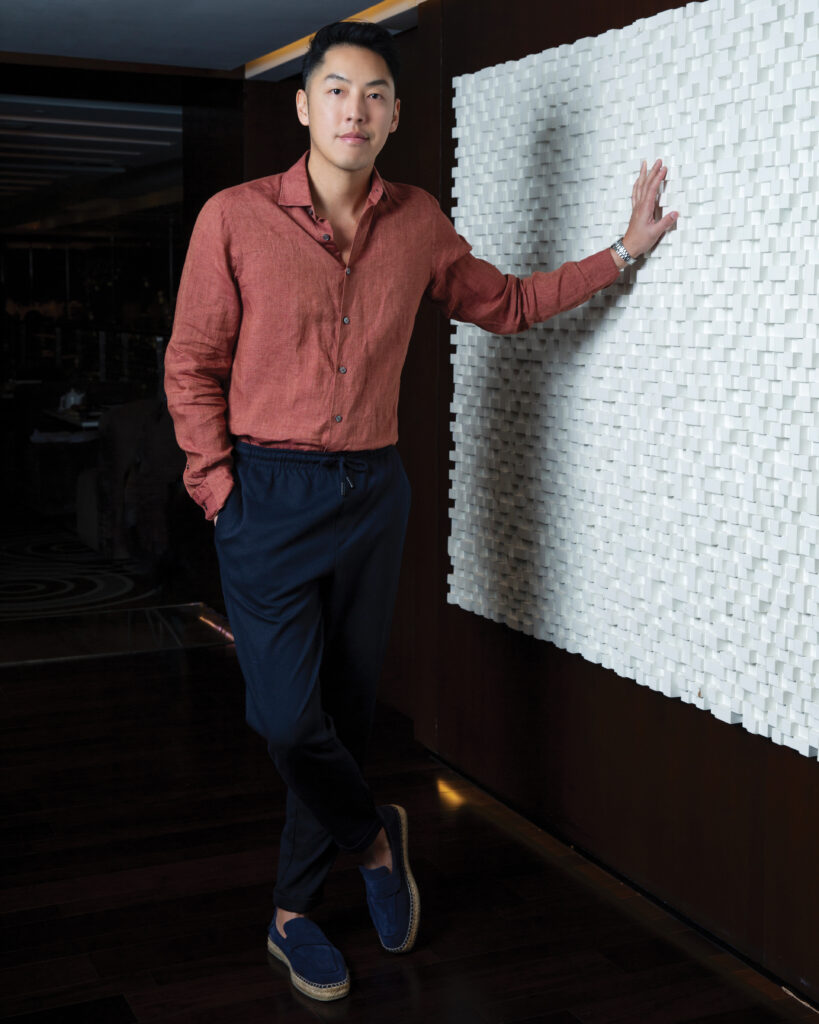
“It makes your life less hard on a personal and business level,” says Ung about the importance of family in his life. “Wherever we travel and have meetings at the family businesses we collaborate with, we are treated with a warm and welcoming feeling. On a personal level, my parents love me dearly, and they have always supported and encouraged me to venture and move back to Hong Kong. My brother is my business partner, mentor, sparring partner but also my best friend.”
Charge of the Light-up Brigade
The pivotal moment in the Ungs’ journey to the top was recognising an opportunity to create a unique product – a light-up logo USB car charger. “At that time my brother was working in his ad agency on merchandise for Valvoline [a car lubricant brand] and they were looking for 300,000 items. We came up with the idea of a light-up logo USB car charger and prepared 10 moulds to produce on time at our first factory in Jiangmen [in Guangdong].
“The campaign was a big success, and after it was over we still had the moulds, so we asked our client for permission to sell the charger to other customers. We quickly won the Promotional Product of the Year award at the 2011 Dutch PromZ exhibition and the rest is history.”
BrandCharger has remained committed to creating products that are not only innovative but also sustainable. “Today, 80% of our products are made in a sustainable way,” he says. “That means, for instance, that all our bags are from recycled rPET yarns [polyester made from plastic bottles] whereby our entire value chain is audited. The same goes for our drinkware – we have recently invested in a production line with bulk purchasing of recycled 304 stainless steel. We like to grow and expand but in a sustainable way.”
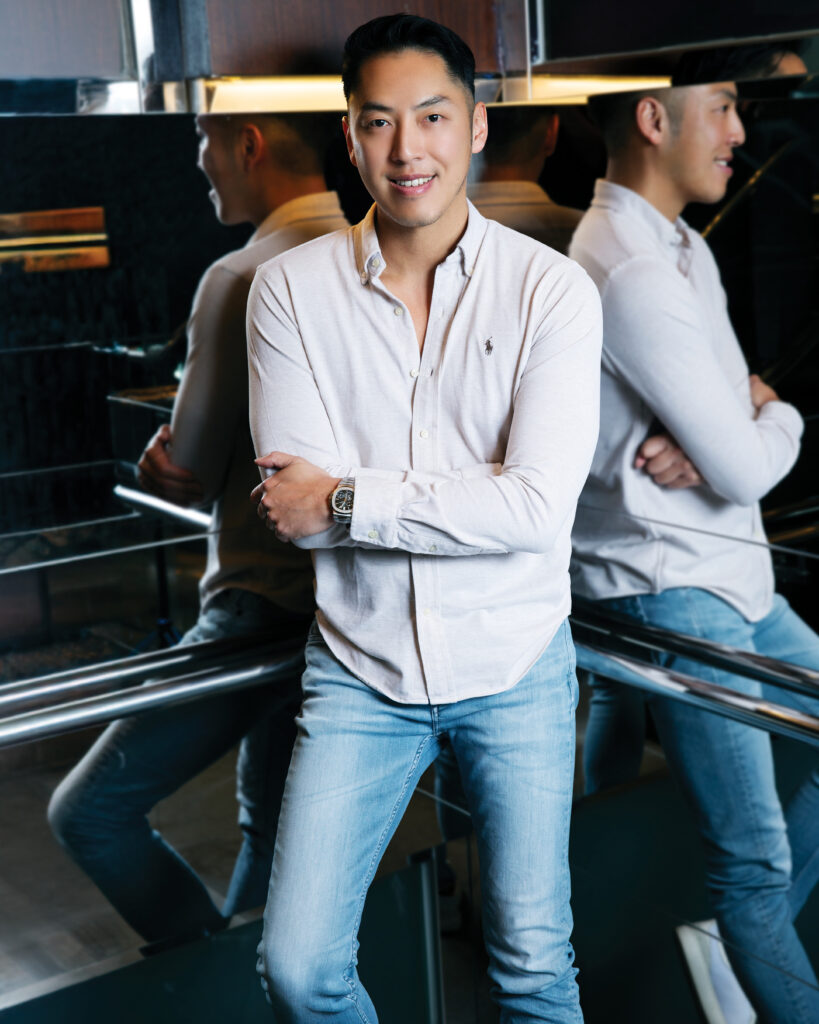
While the Covid-19 pandemic presented significant challenges, the Ungs weathered the storm thanks to their strong foundations. “I always tell my brother that when Covid happened, we were in a position of triple-digit growth annually from 2017-2019, and hence we had a buffer to deal with bad times. I think it would have been very different if we were just a startup at that time. The biggest lesson of Covid is that the world is resilient, and we always find ways to come back.”
Dutch Drive
Ung’s global mindset and cultural fluency have been instrumental in BrandCharger’s rise, and he believes these attributes are crucial for entrepreneurs looking to expand their reach. “The Netherlands has a rich history and was once a global power in trade through the Dutch East India Company,” he explains. “You could say trade is in the blood of Dutch people; they grow up with the mindset of ‘exploring’.”
“Growing up in the Netherlands, it was a melting pot of different cultures. I got exposed to a lot of different cultures. So it definitely gives you an open mind and helps in doing business.”
Toys for Boys
Beyond his professional accomplishments, Ung has a diverse range of interests and hobbies that keep him grounded and inspired. “I find motorbikes are a nice way to escape,” he notes. “Though I do not recommend this dangerous hobby, you need to pay so much attention to the speed, road and traffic when riding a motorbike that it clears your mind and you can recharge for your next opportunity at work.”
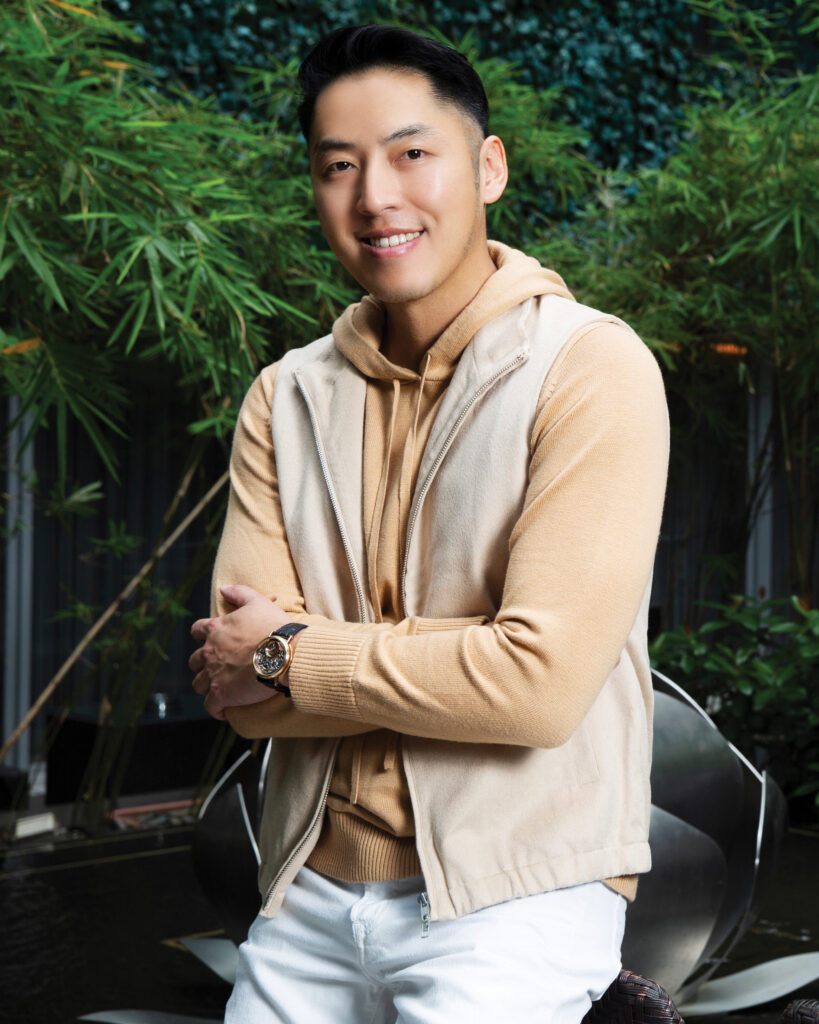
Having grown up by the water (The North Sea), he also favours motor boats: “We have a small motor boat to enjoy swimming and all the beautiful archipelagos, islands and beaches in Hong Kong.” And like many of the new-gen high achievers, he collects watches: “Watches were not always a hobby, but today they are. I love mechanical items and several watches represent milestones in my business career or life.”
Friends and Benefits
As BrandCharger continues to evolve and expand its global footprint, Ung remains focused on strengthening relationships with partners worldwide. “We have been doing business with a large number of our clients for 10 years and, in essence, have become close friends. We want to expand on that feeling of ‘let’s do this together and grow together’.”
His advice for aspiring entrepreneurs is simple yet profound: “Just start something, anything; you may fail but learn significant lessons during the process. Find a good mentor to guide you and hire people who are better than you and complement your skills.”
With his unwavering commitment to innovation, sustainability and global collaboration, Ethan Ung has helped to position BrandCharger as a trailblazer in the branded merchandise industry. As the brothers steer their company to new heights, their story serves as an inspiration for budding entrepreneurs around the world.
Interview, Text and Art Direction by: Joseff Musa Photographer: Jack Law Videographer: Jack Fontanilla



